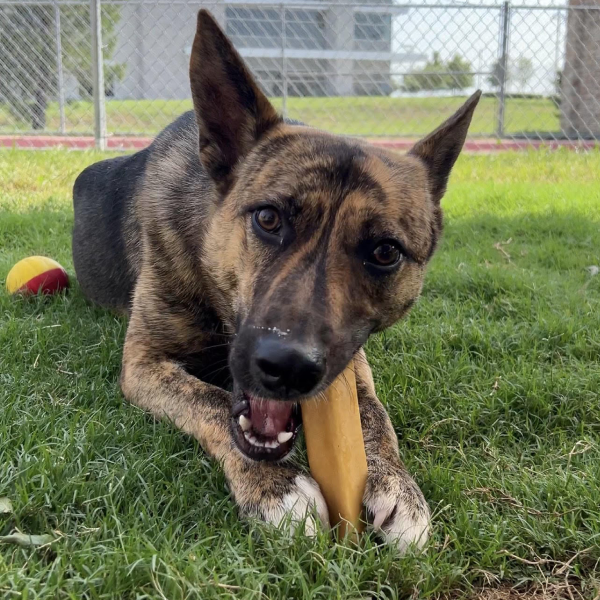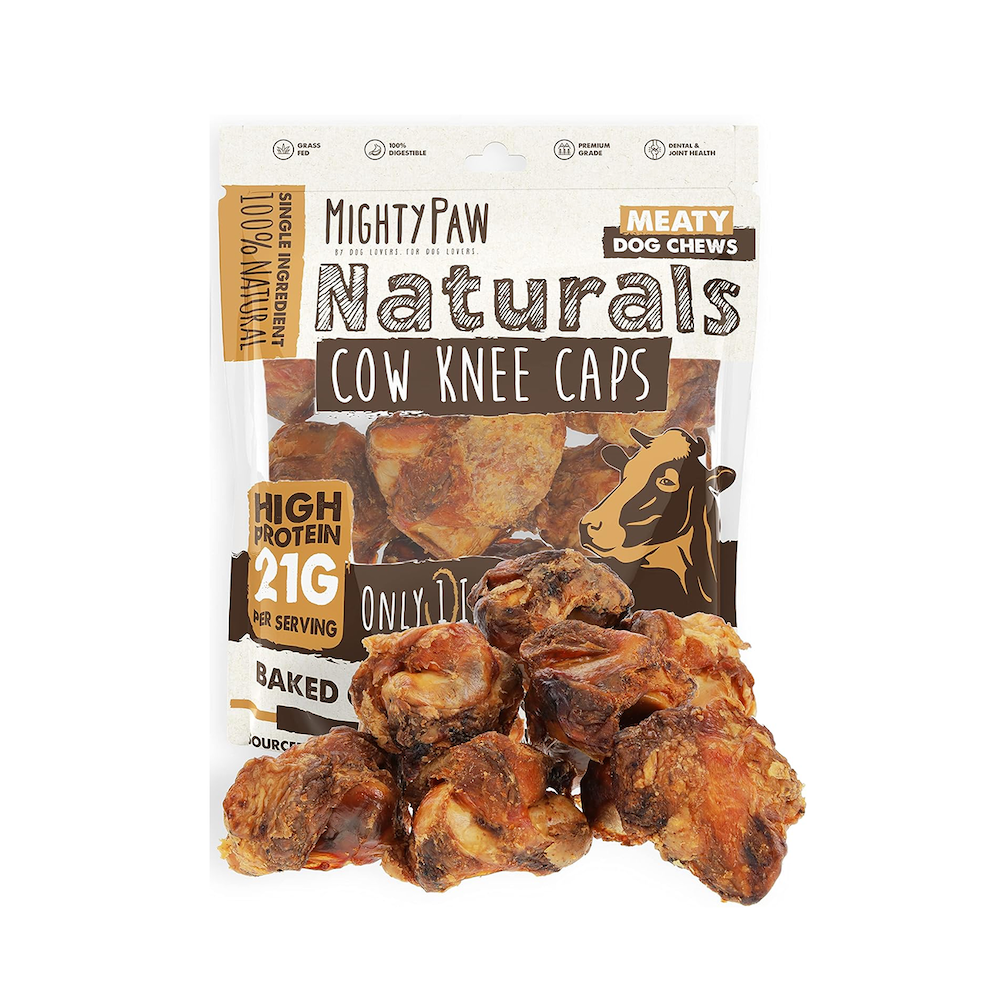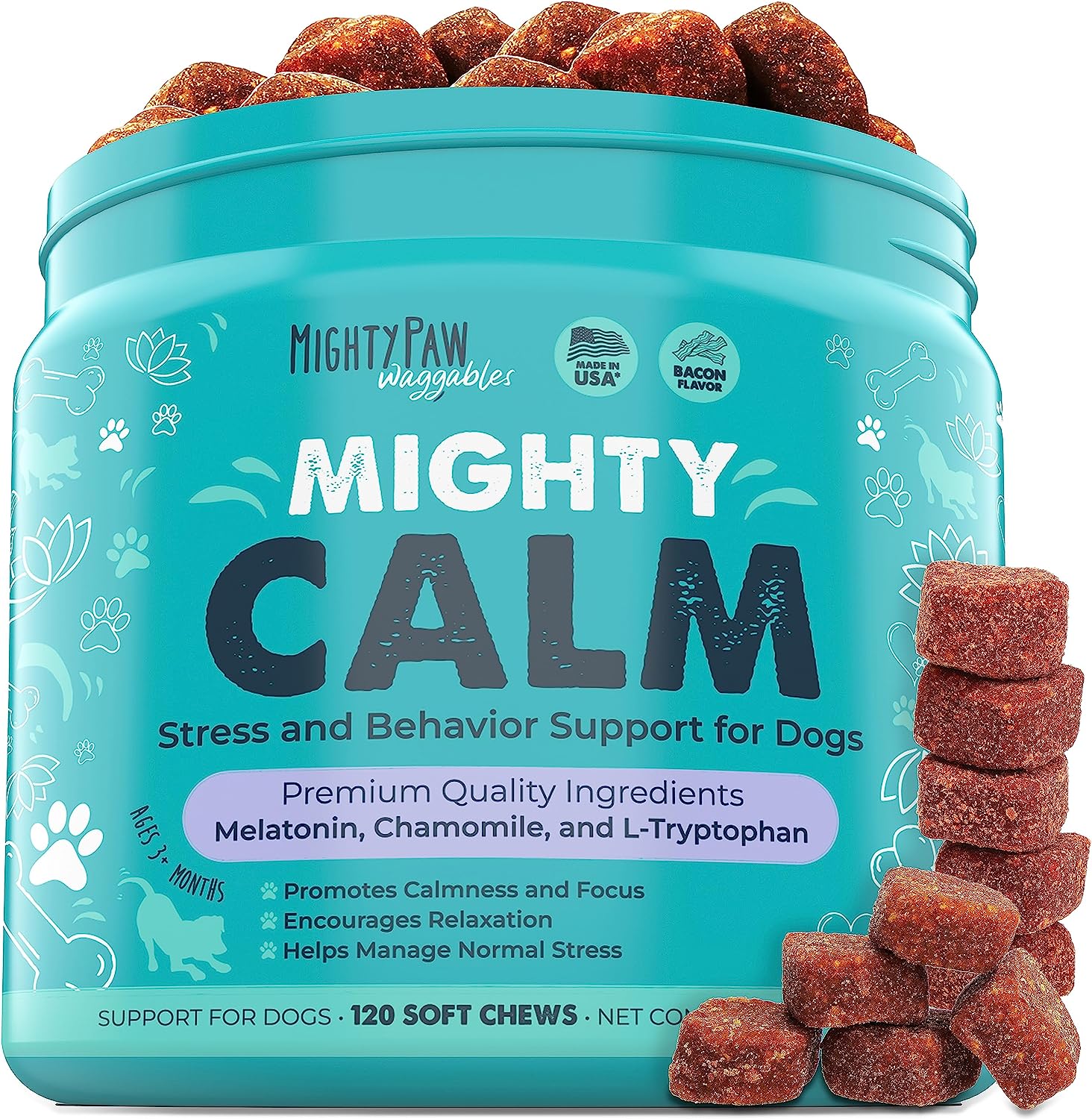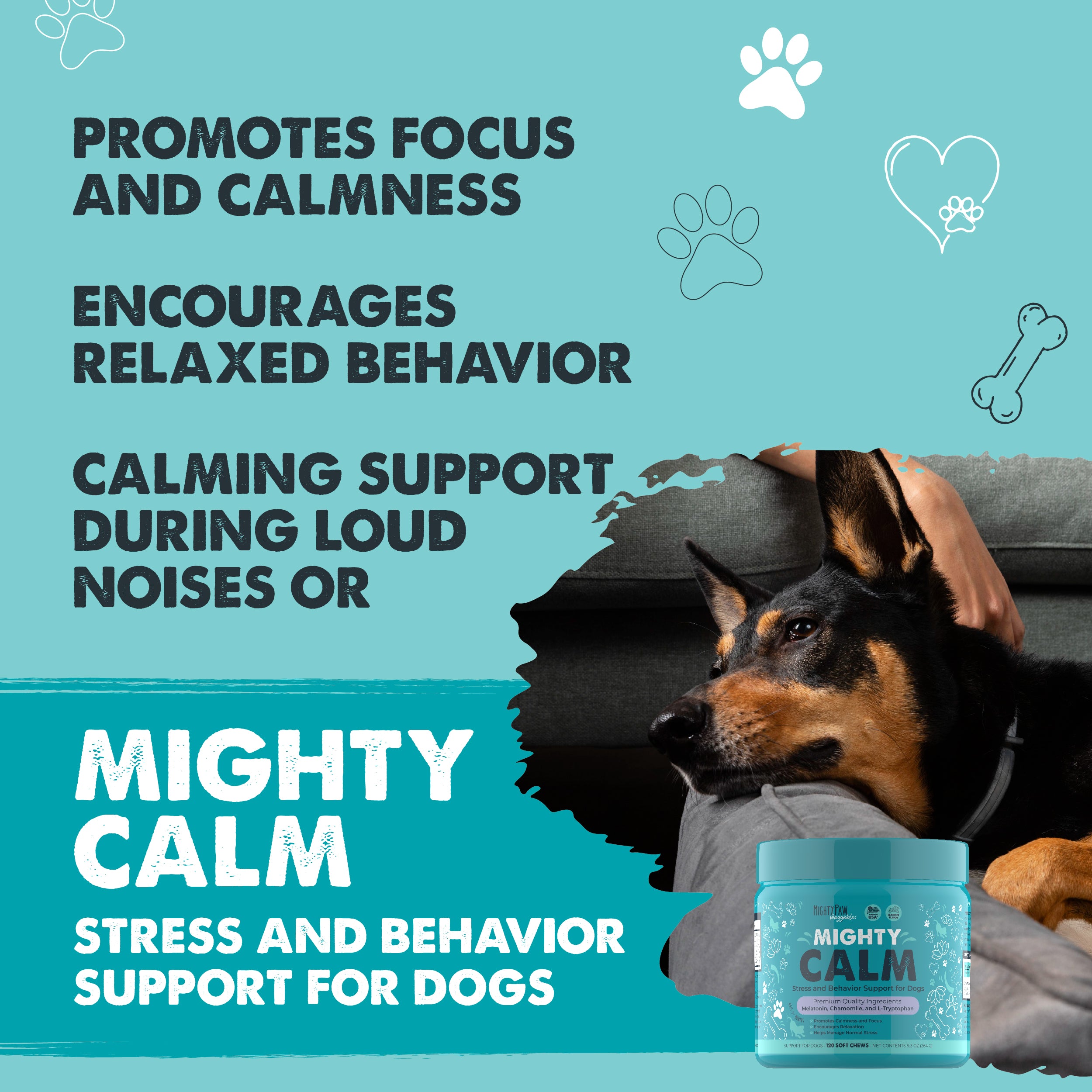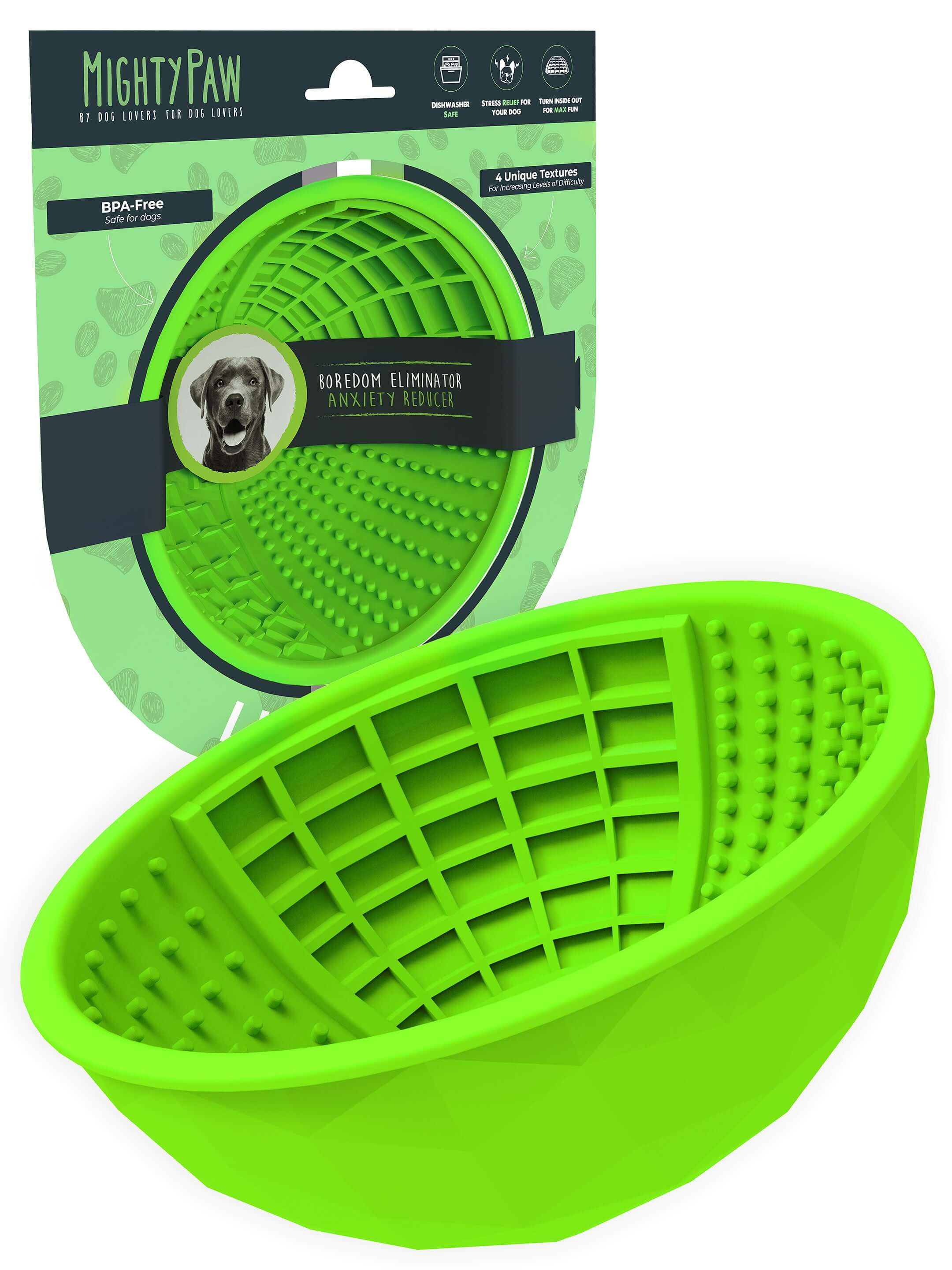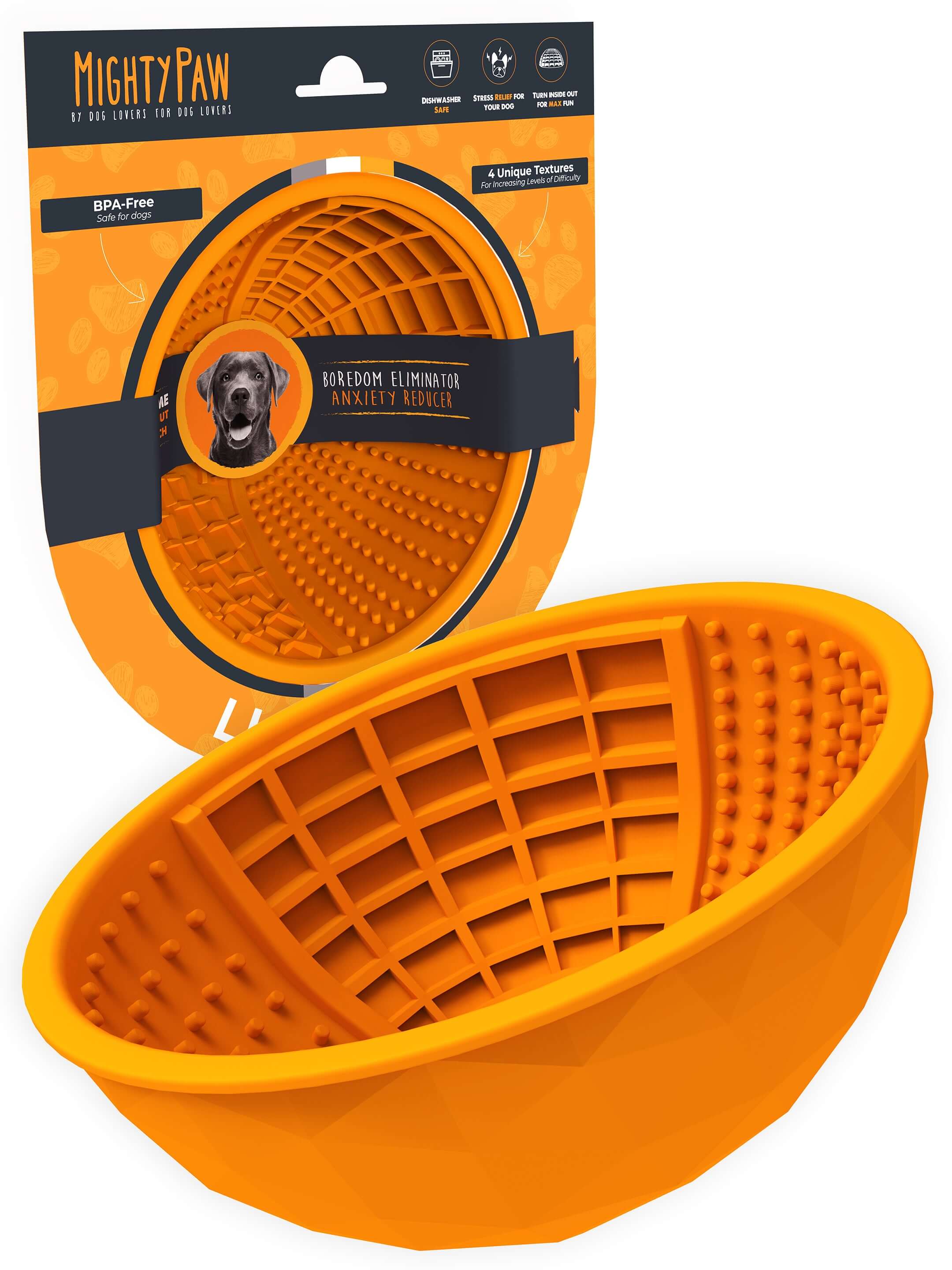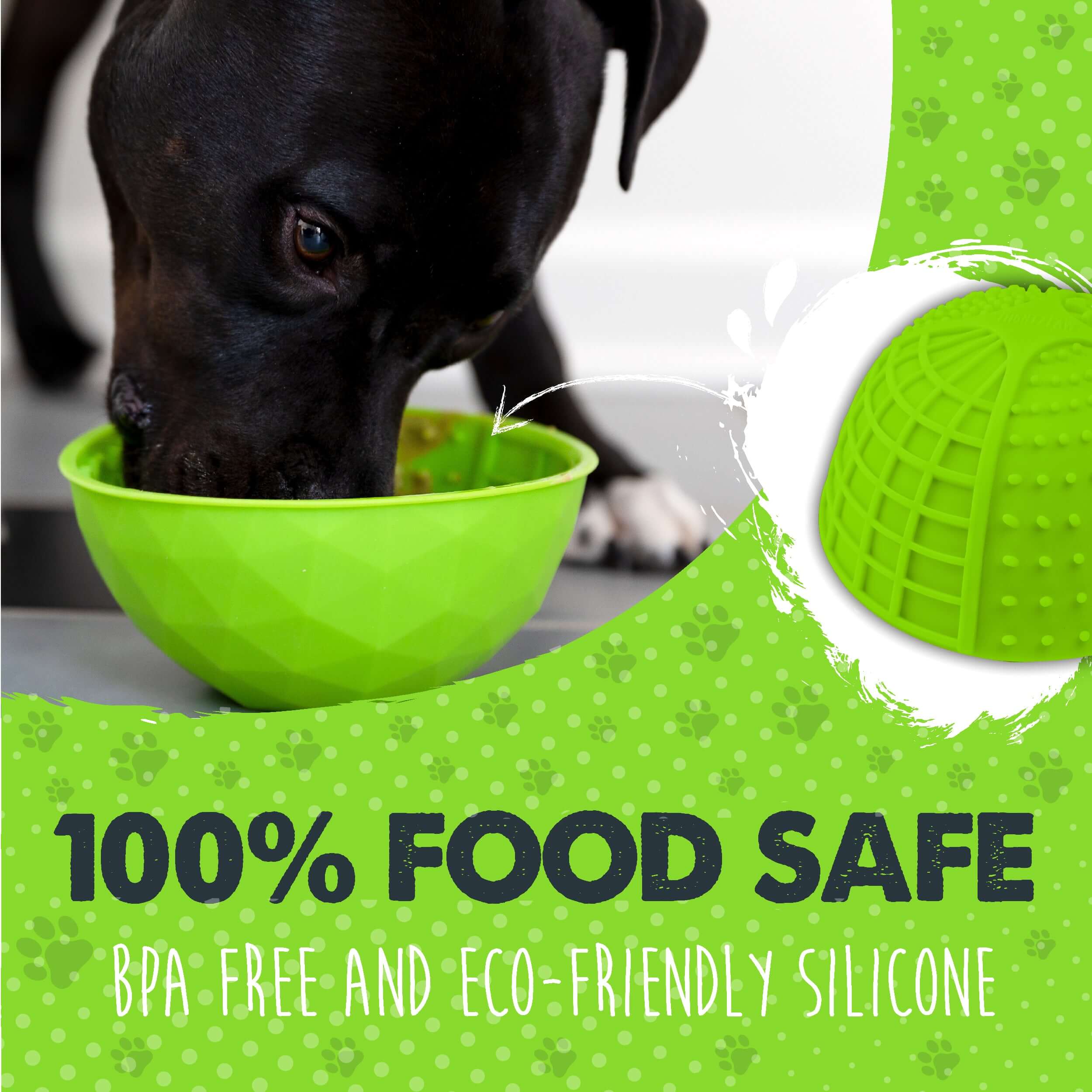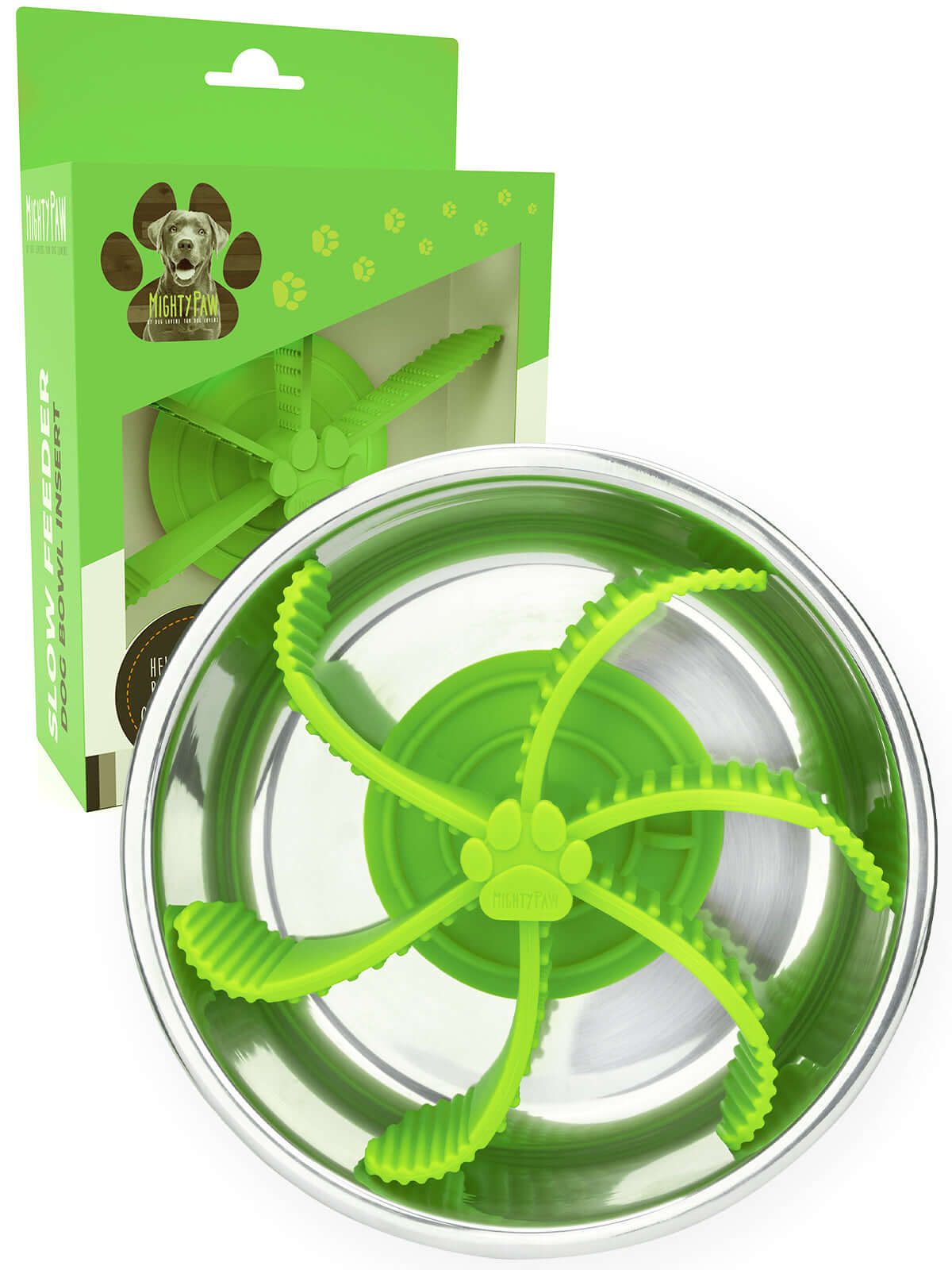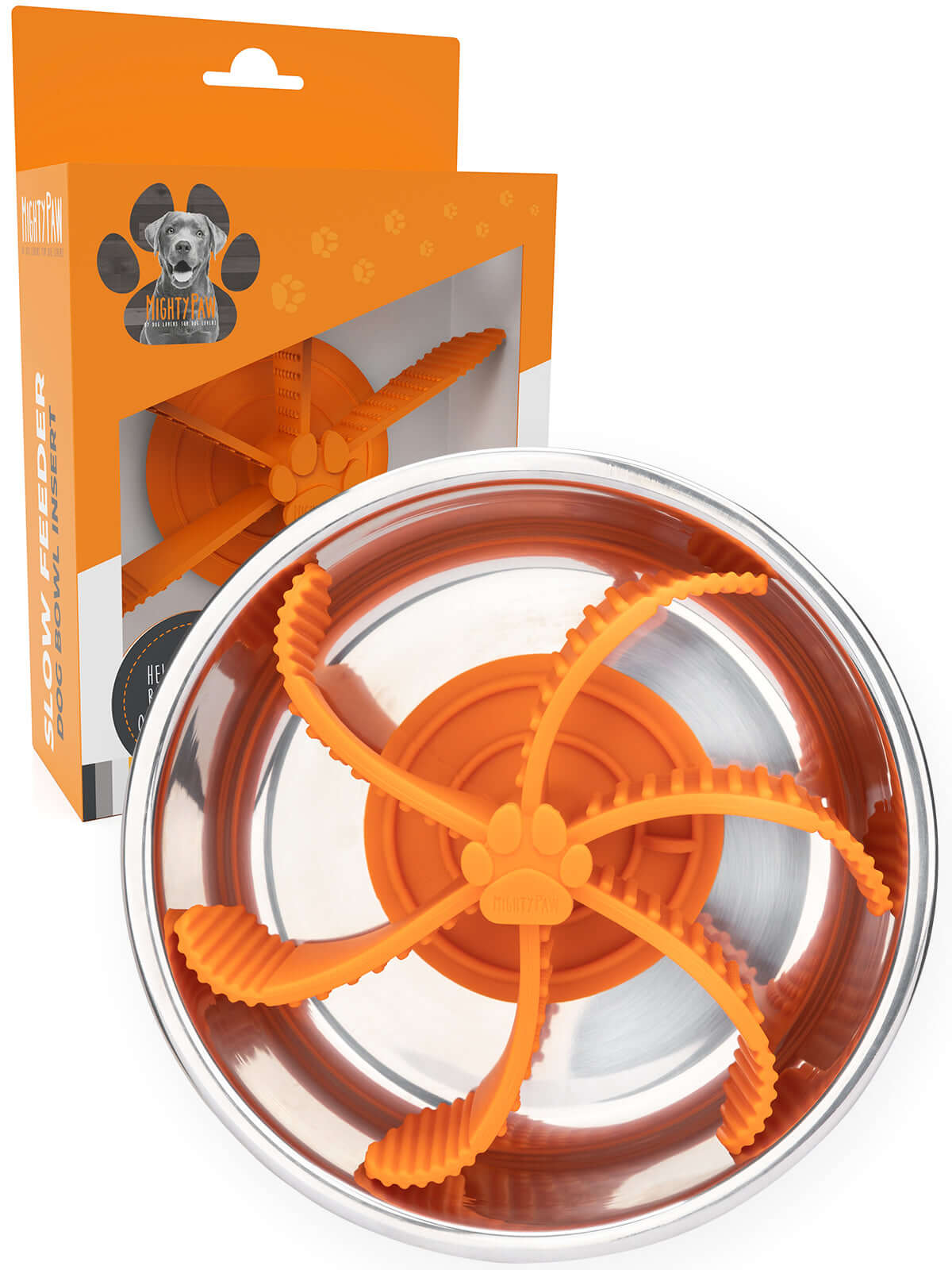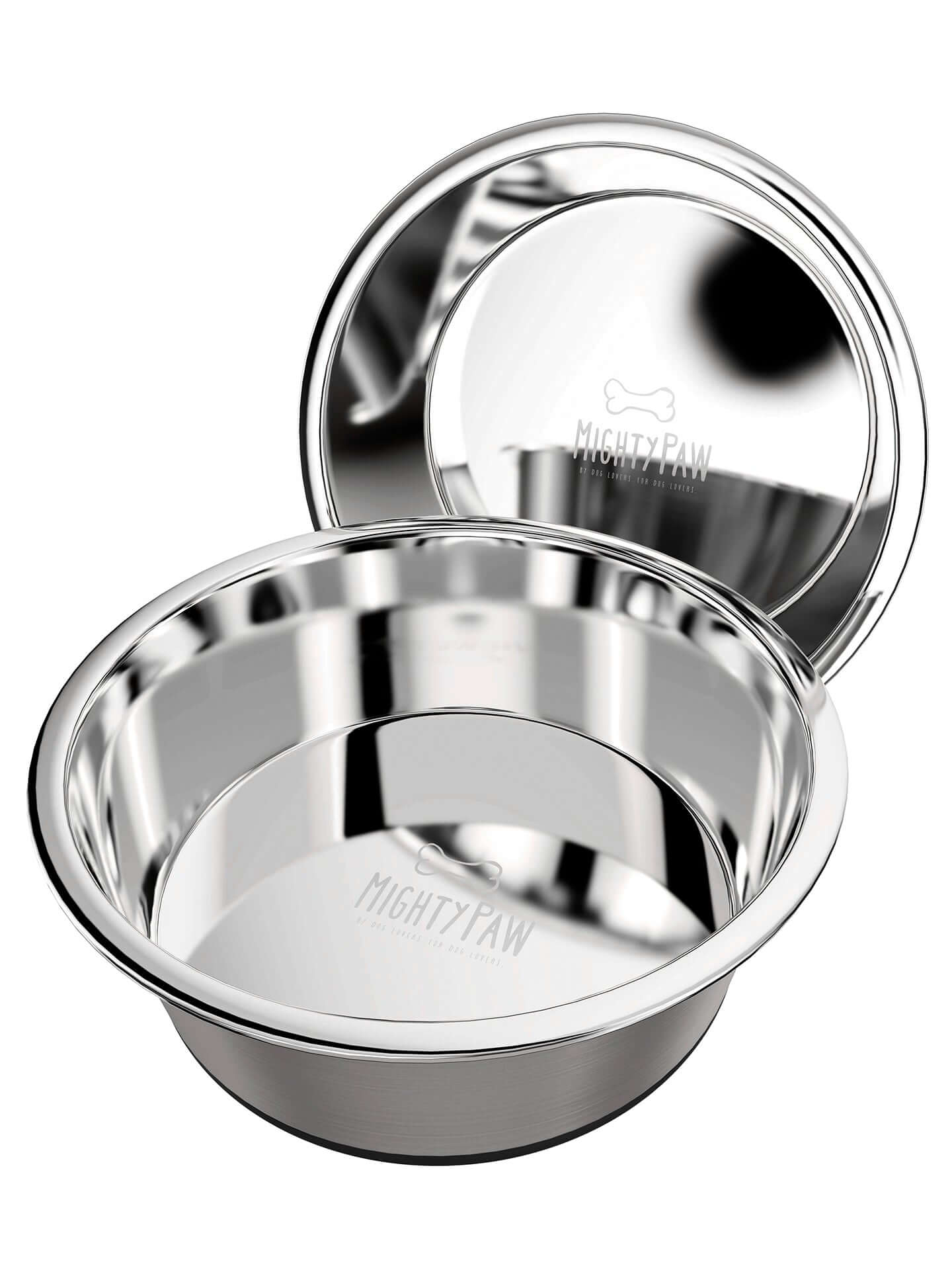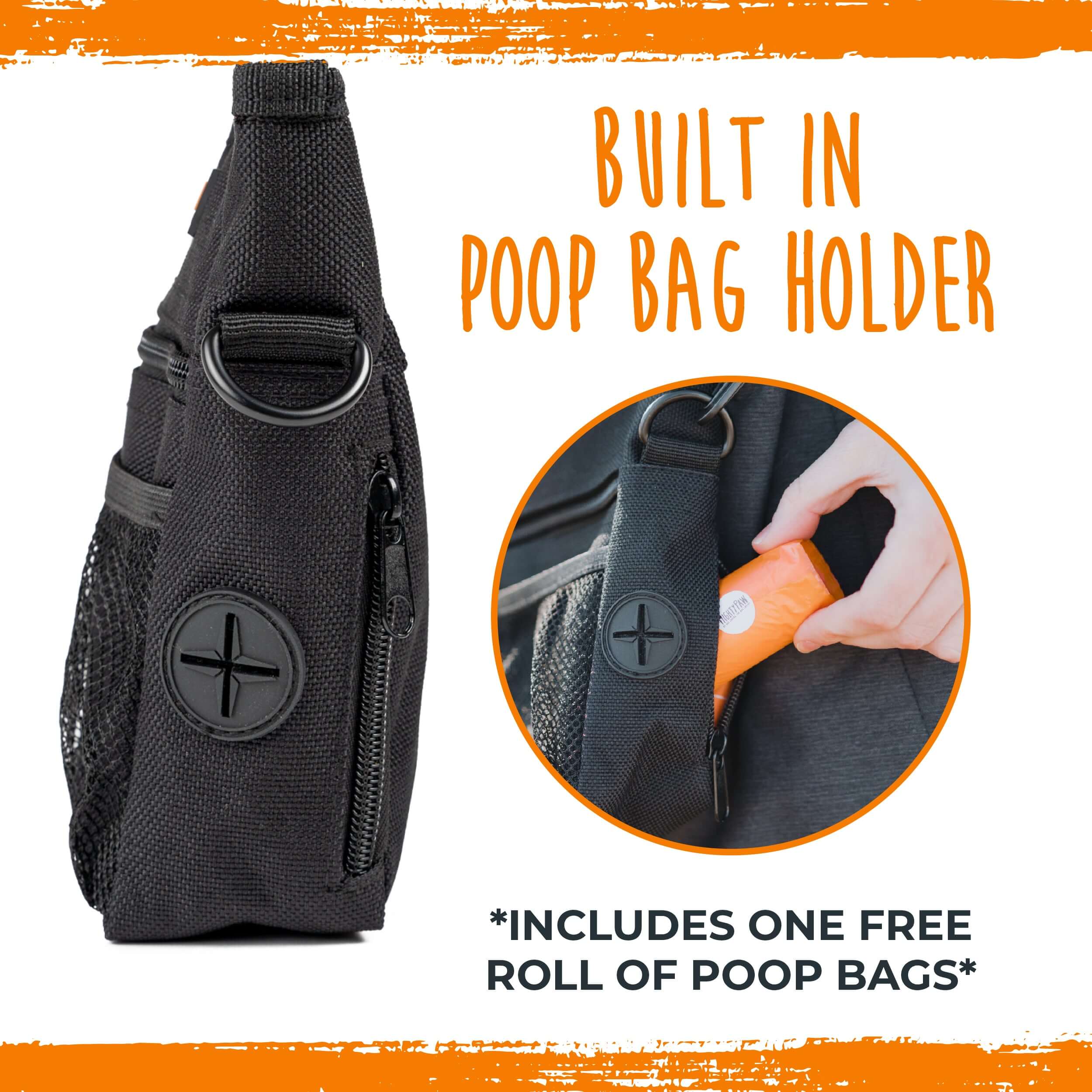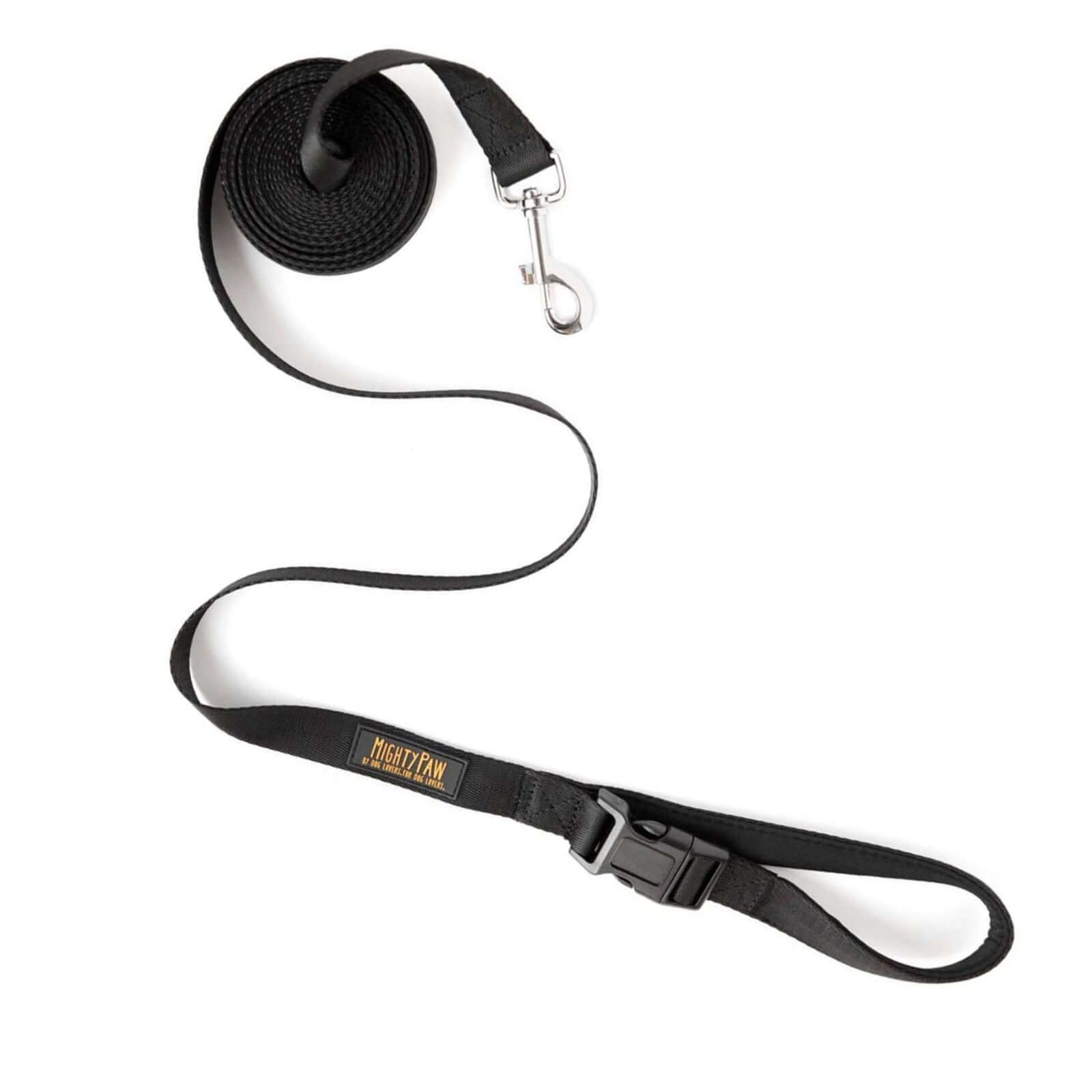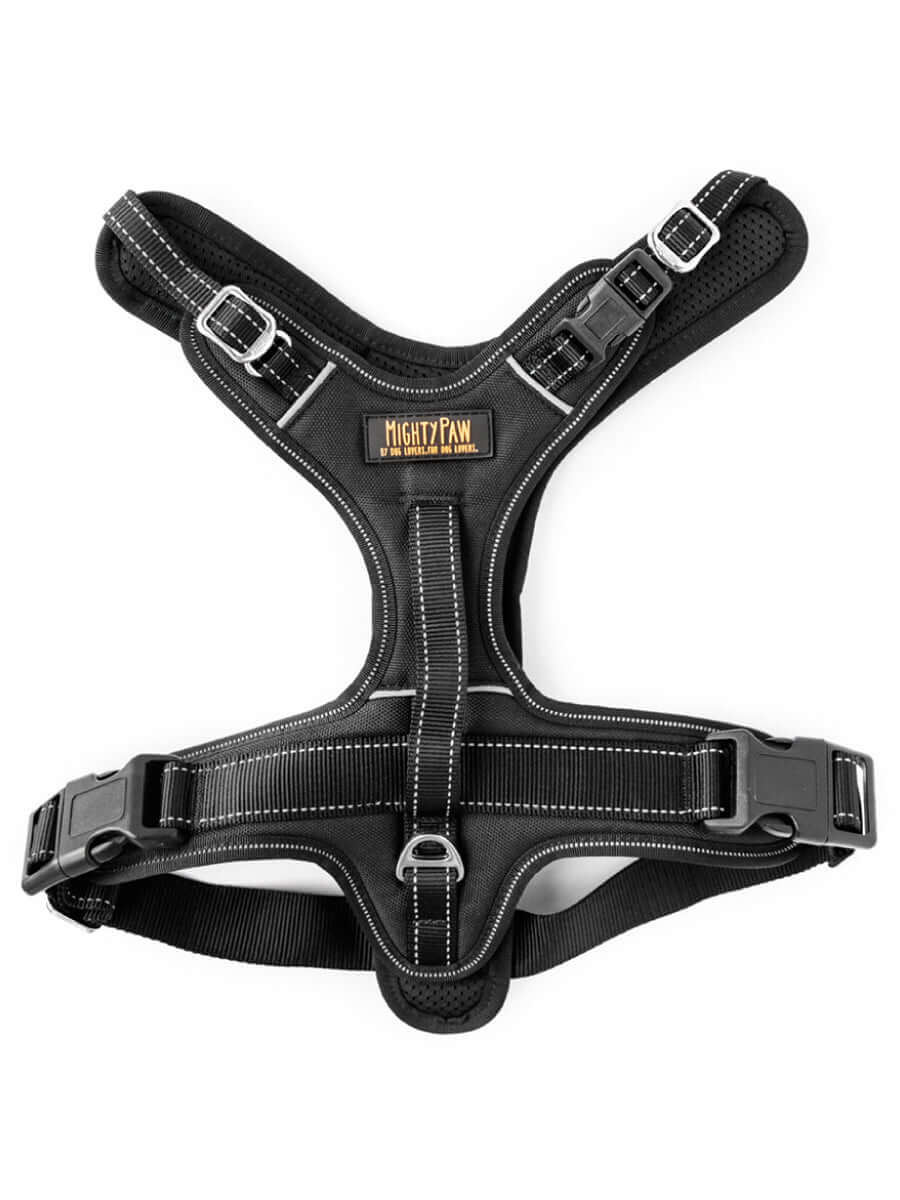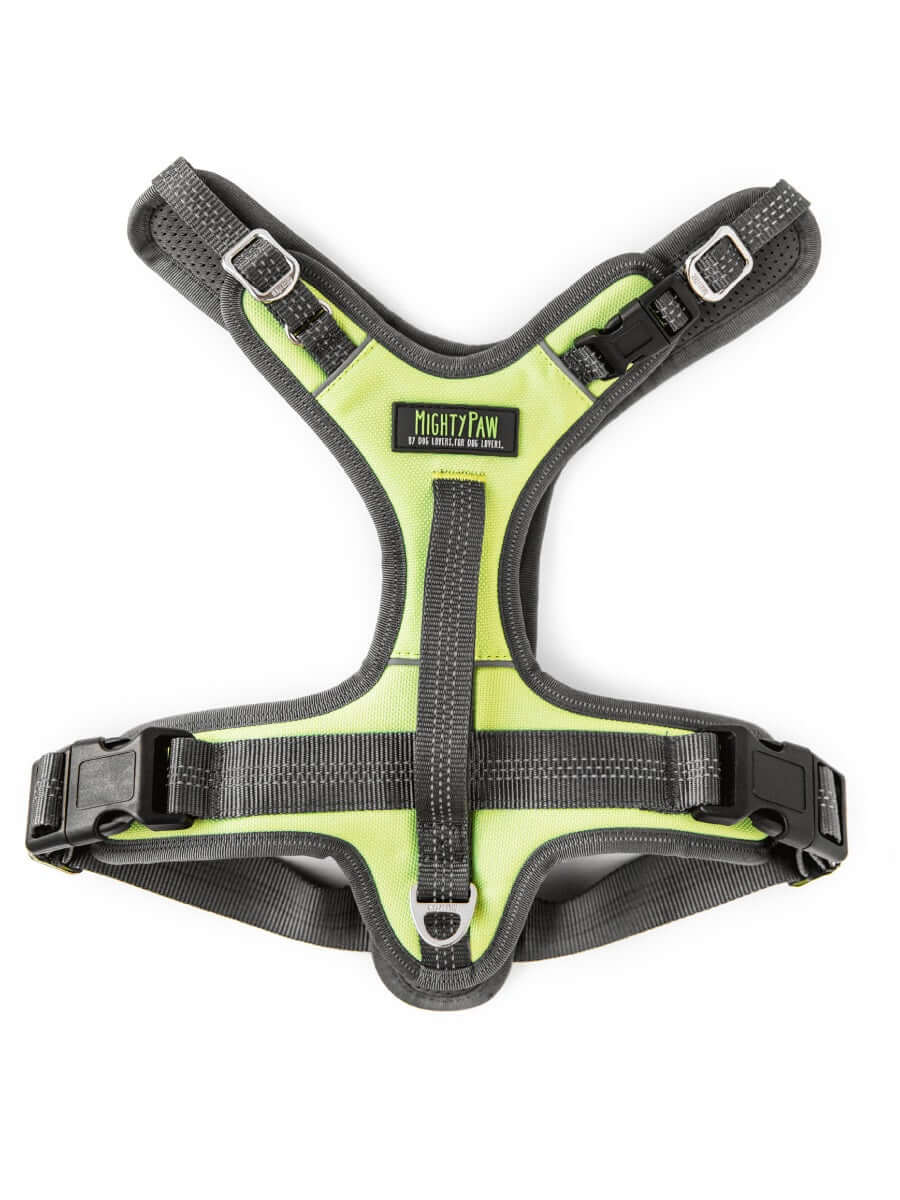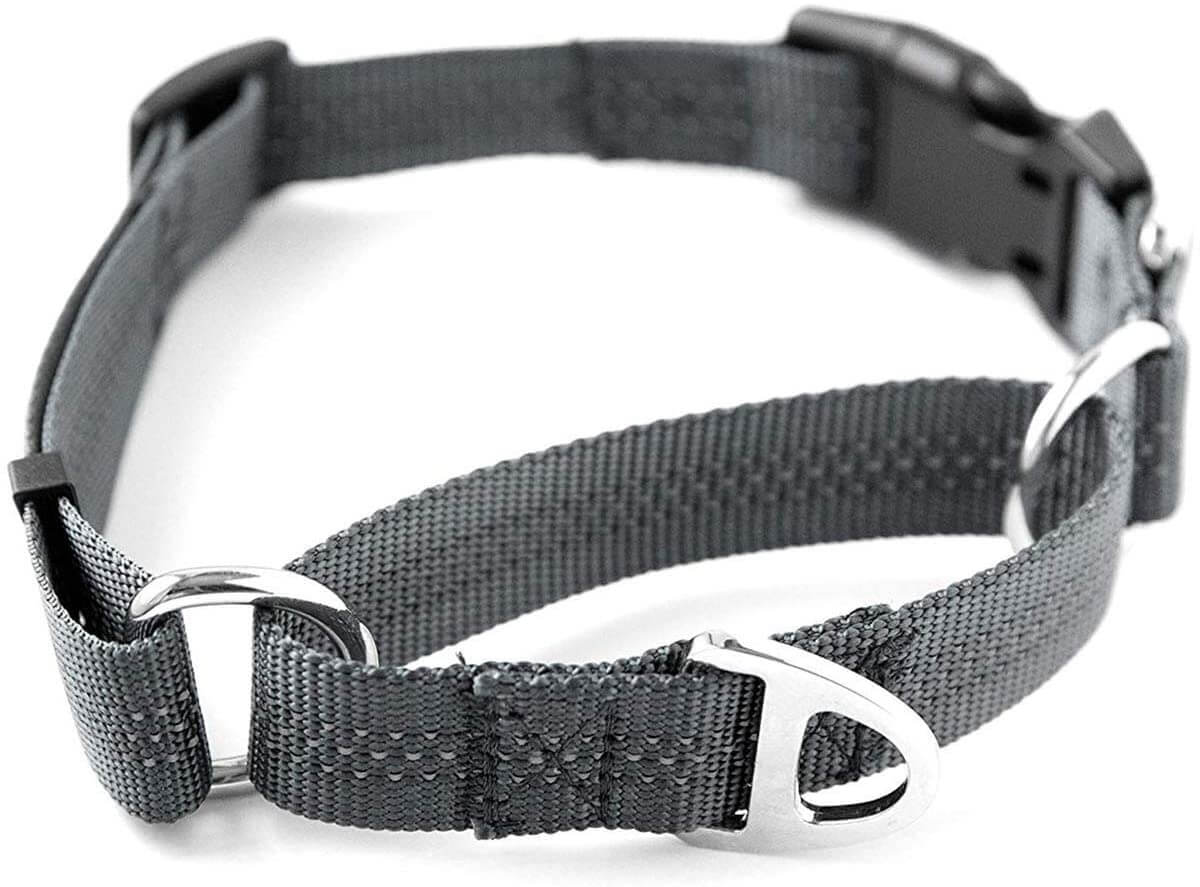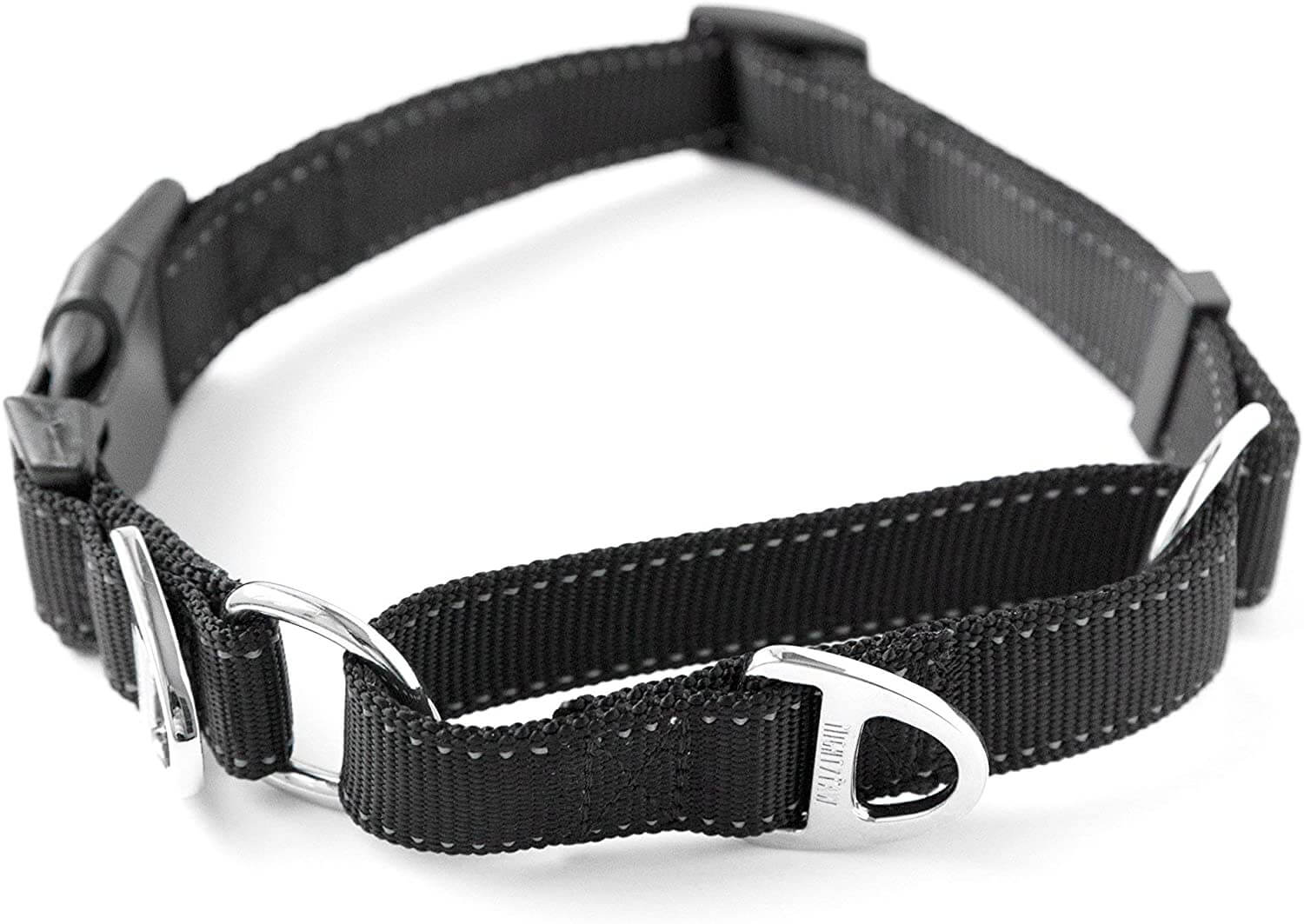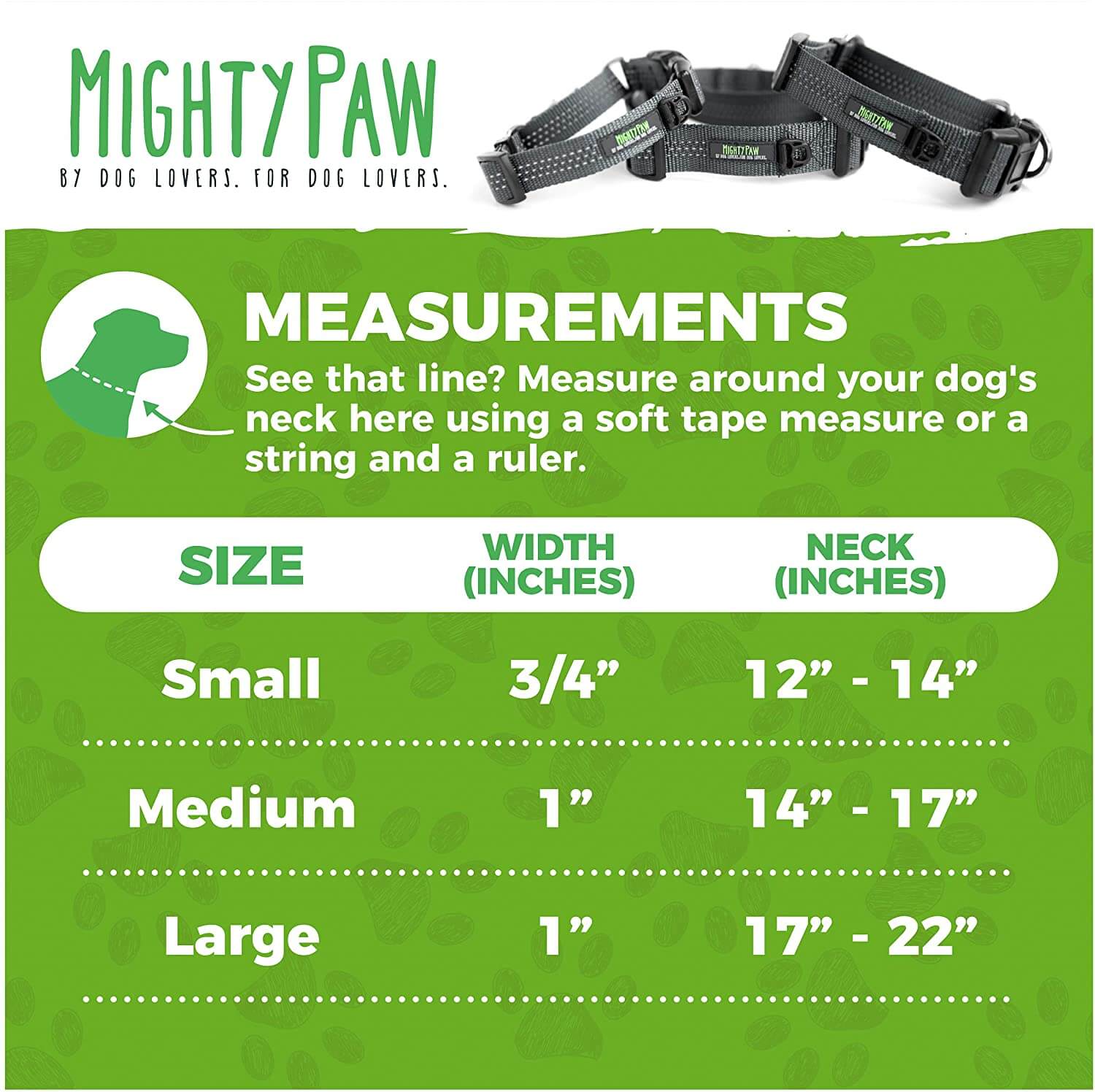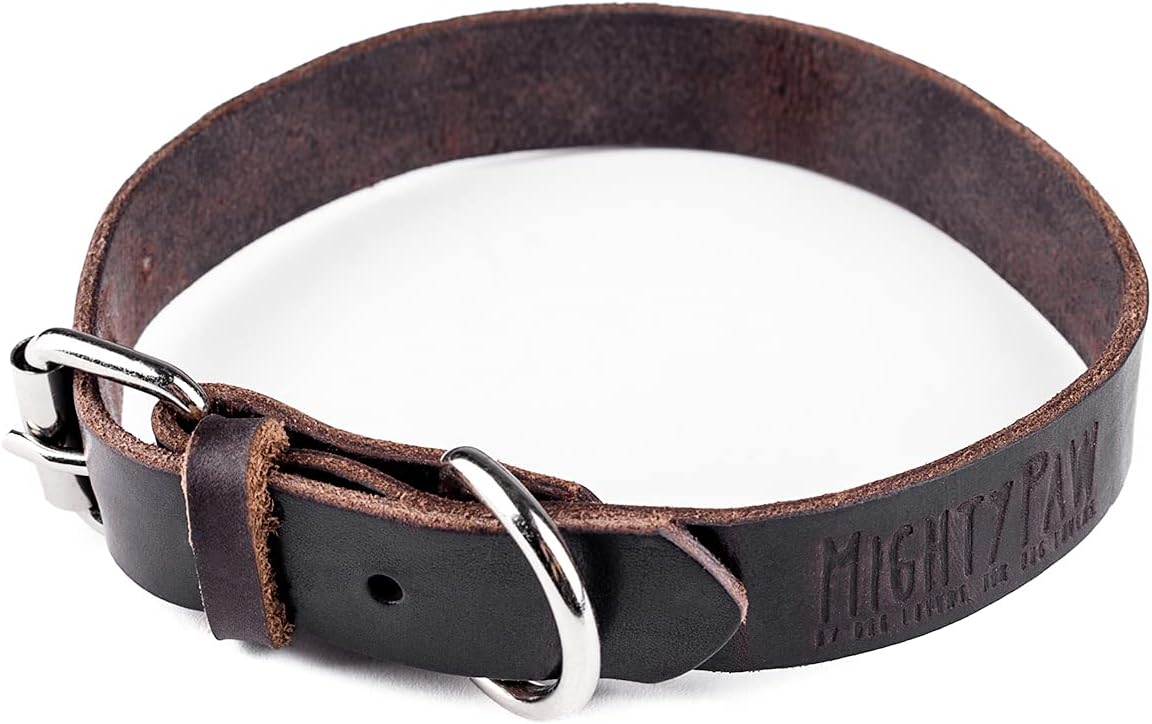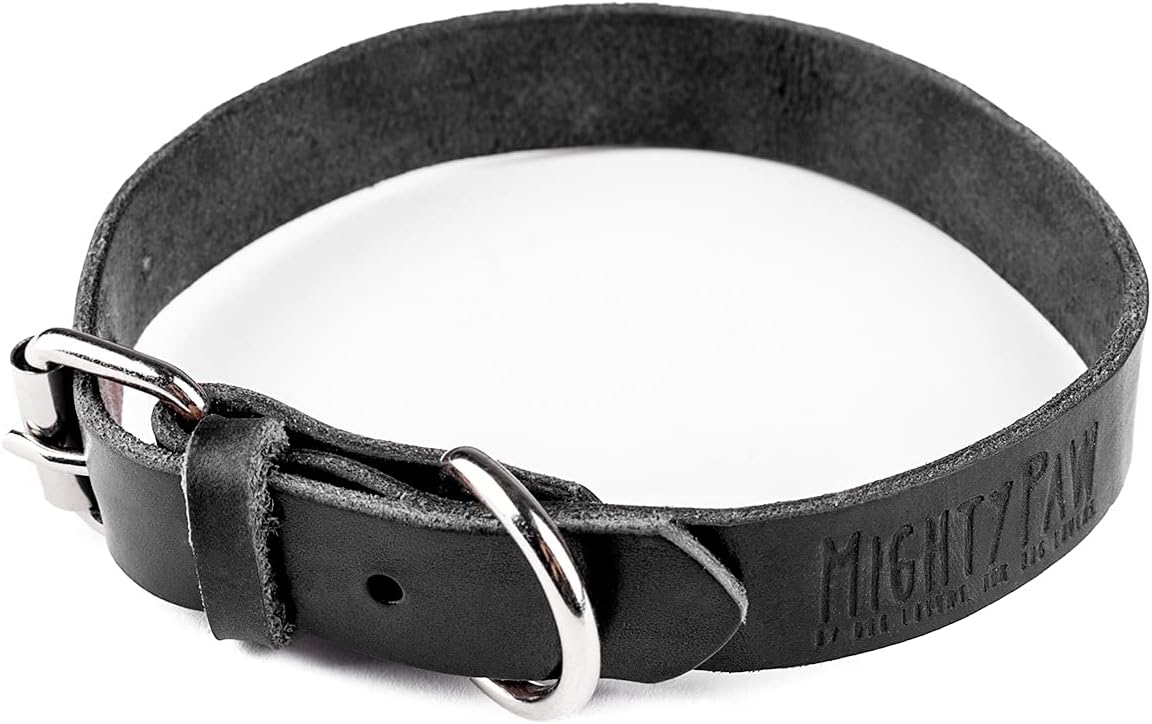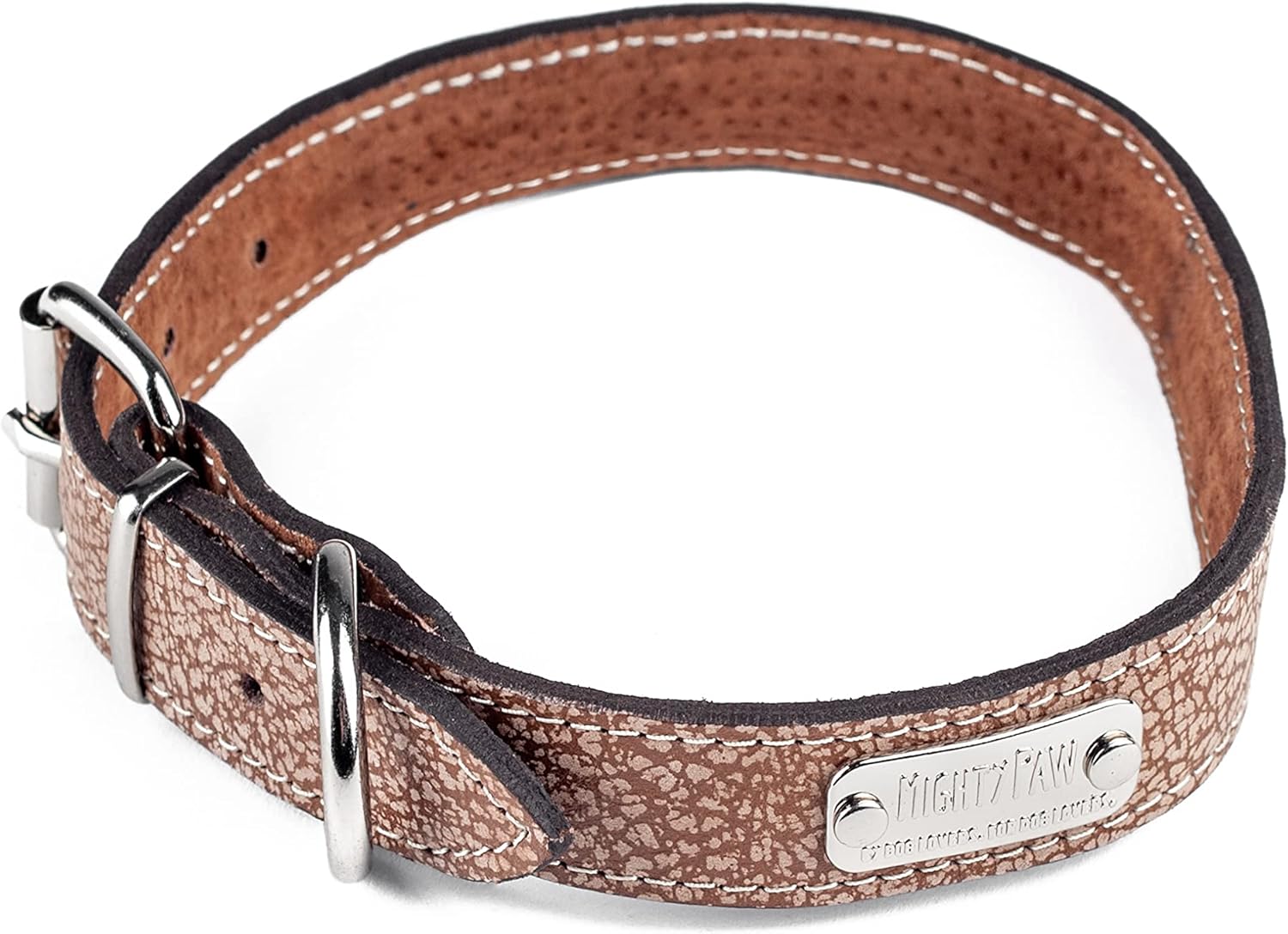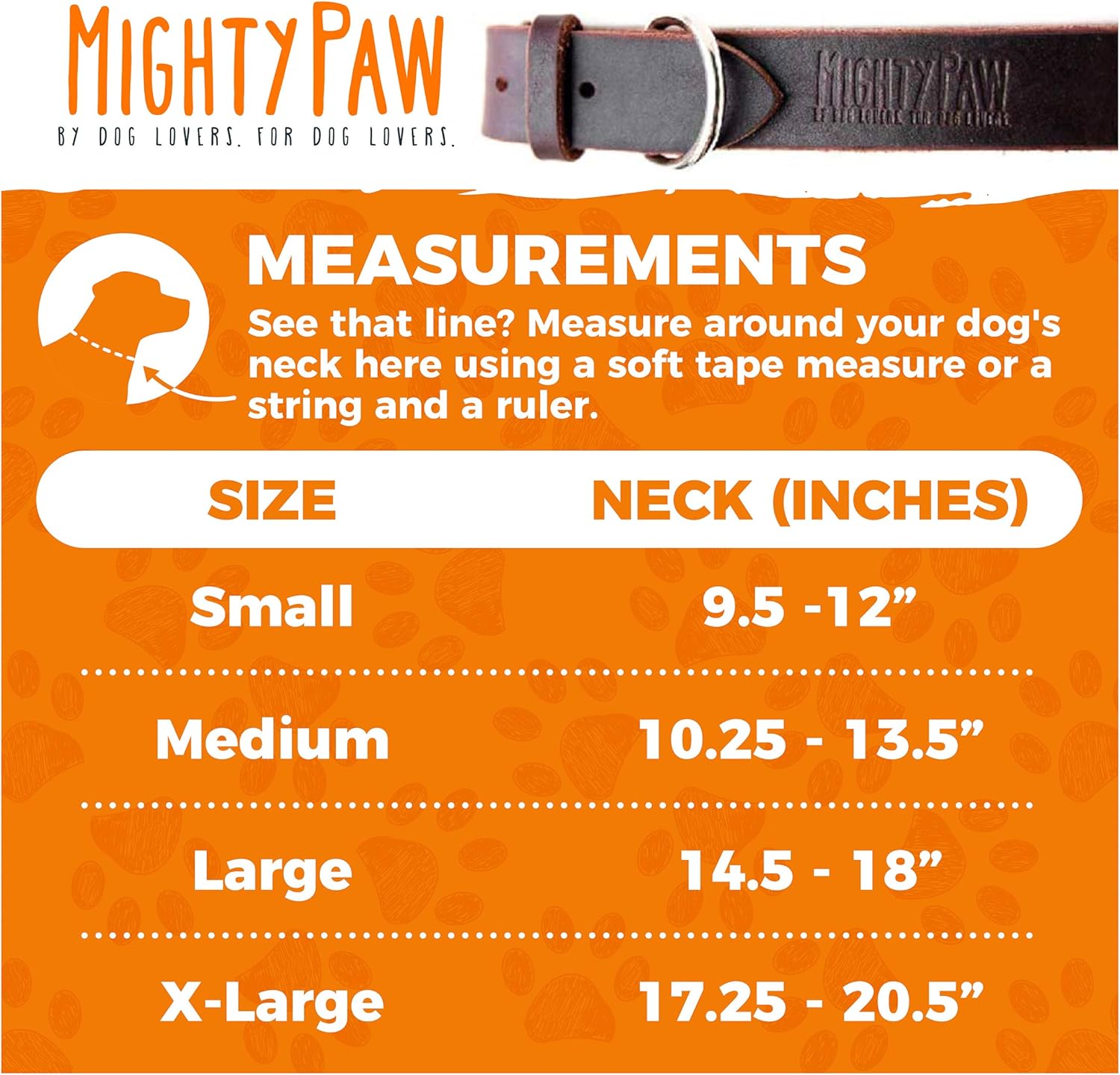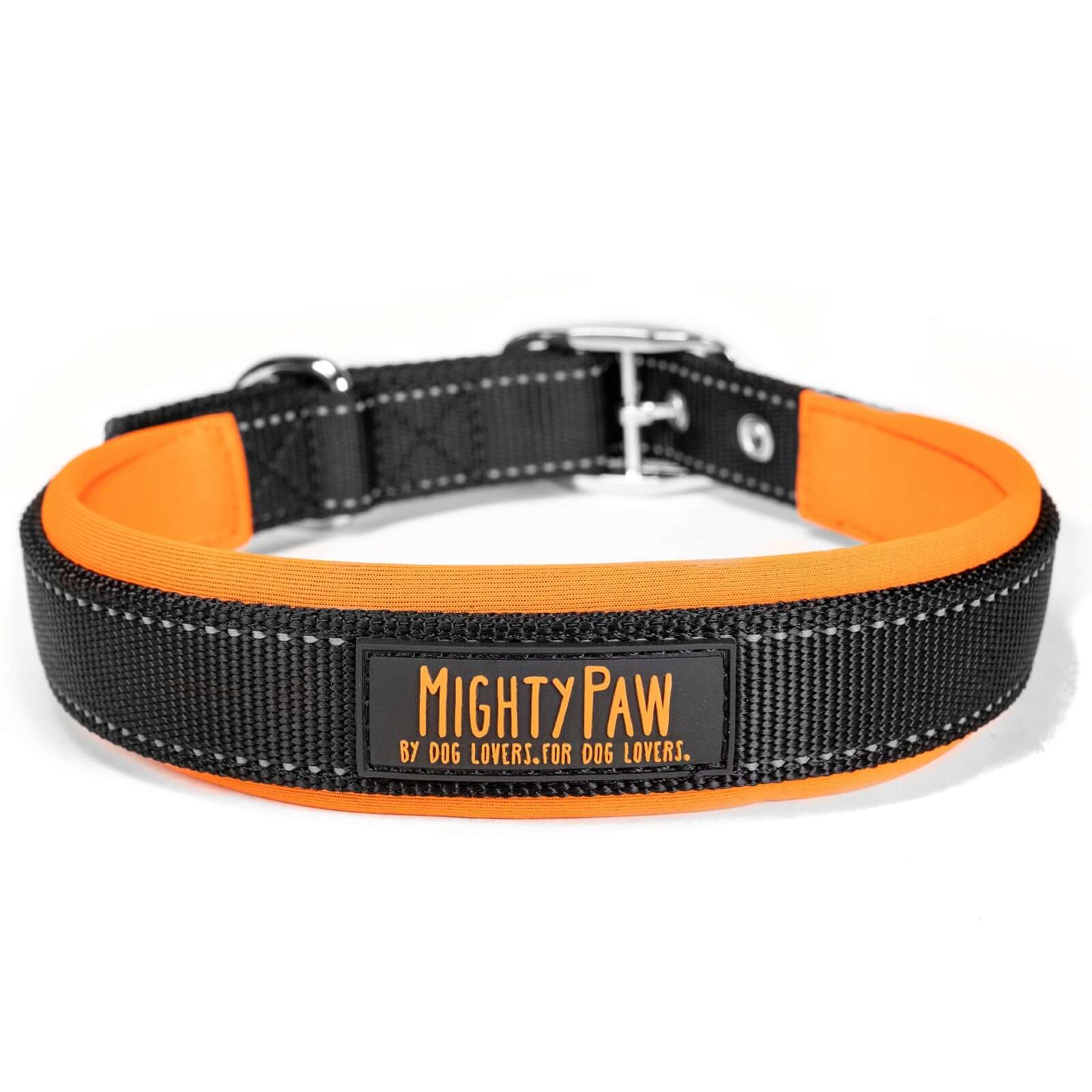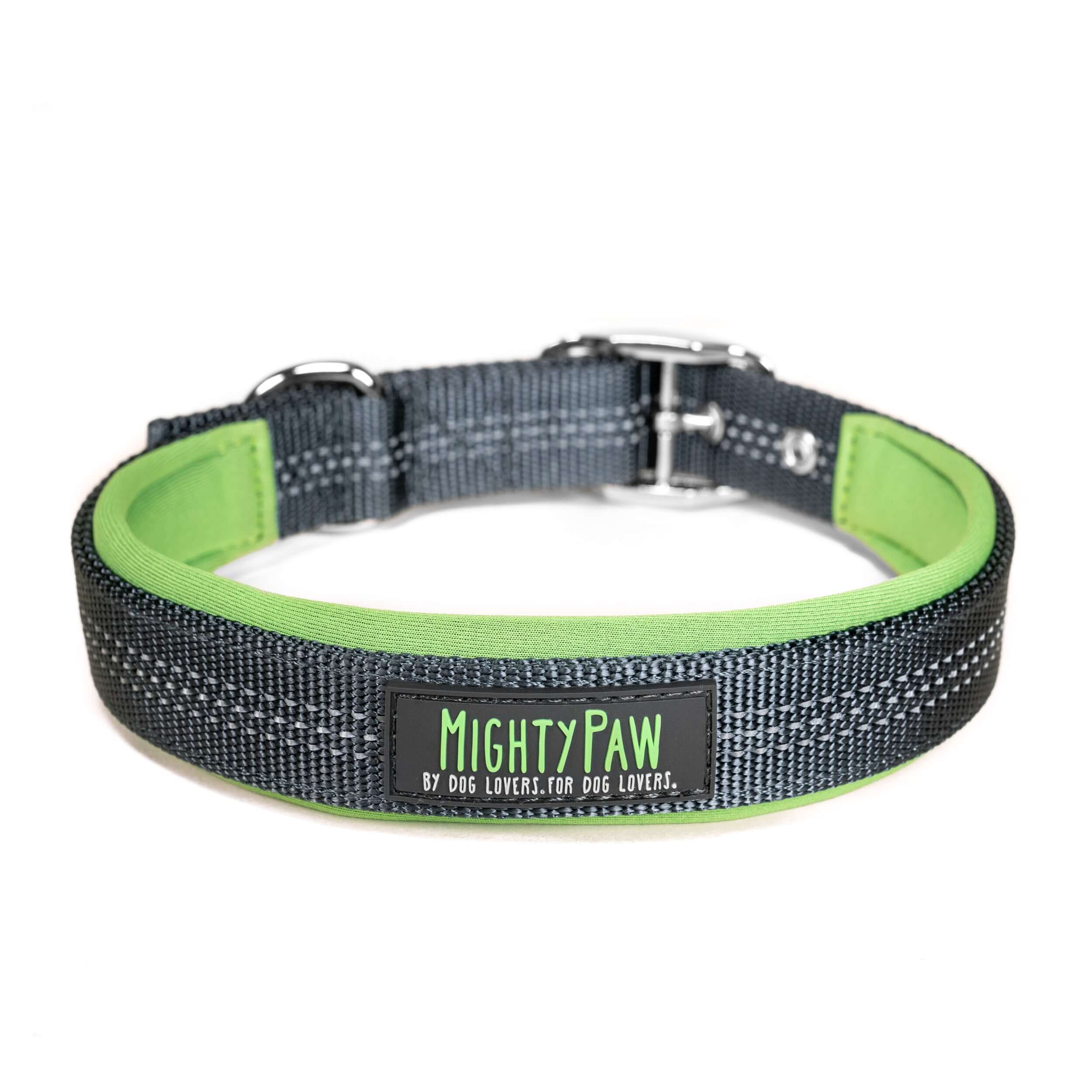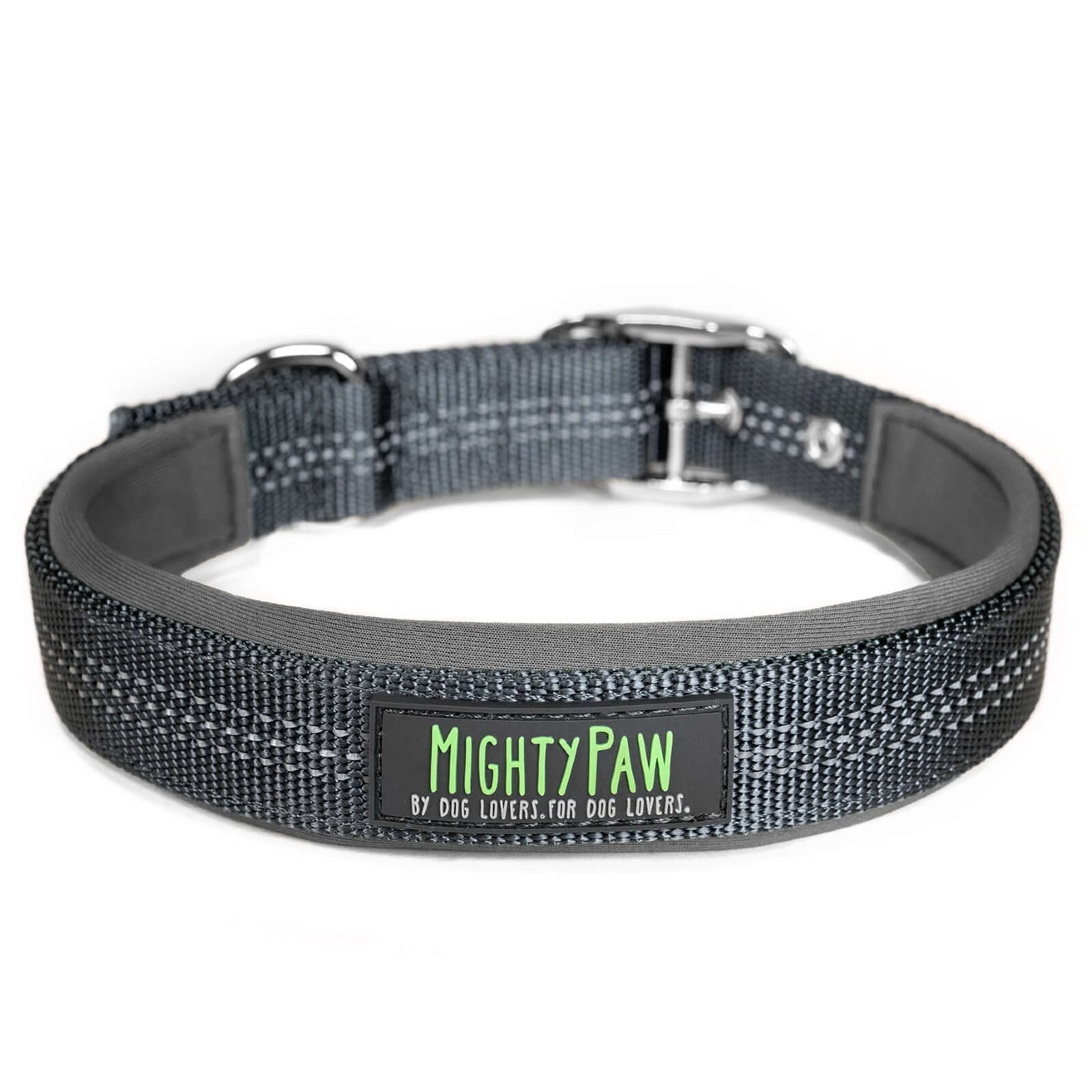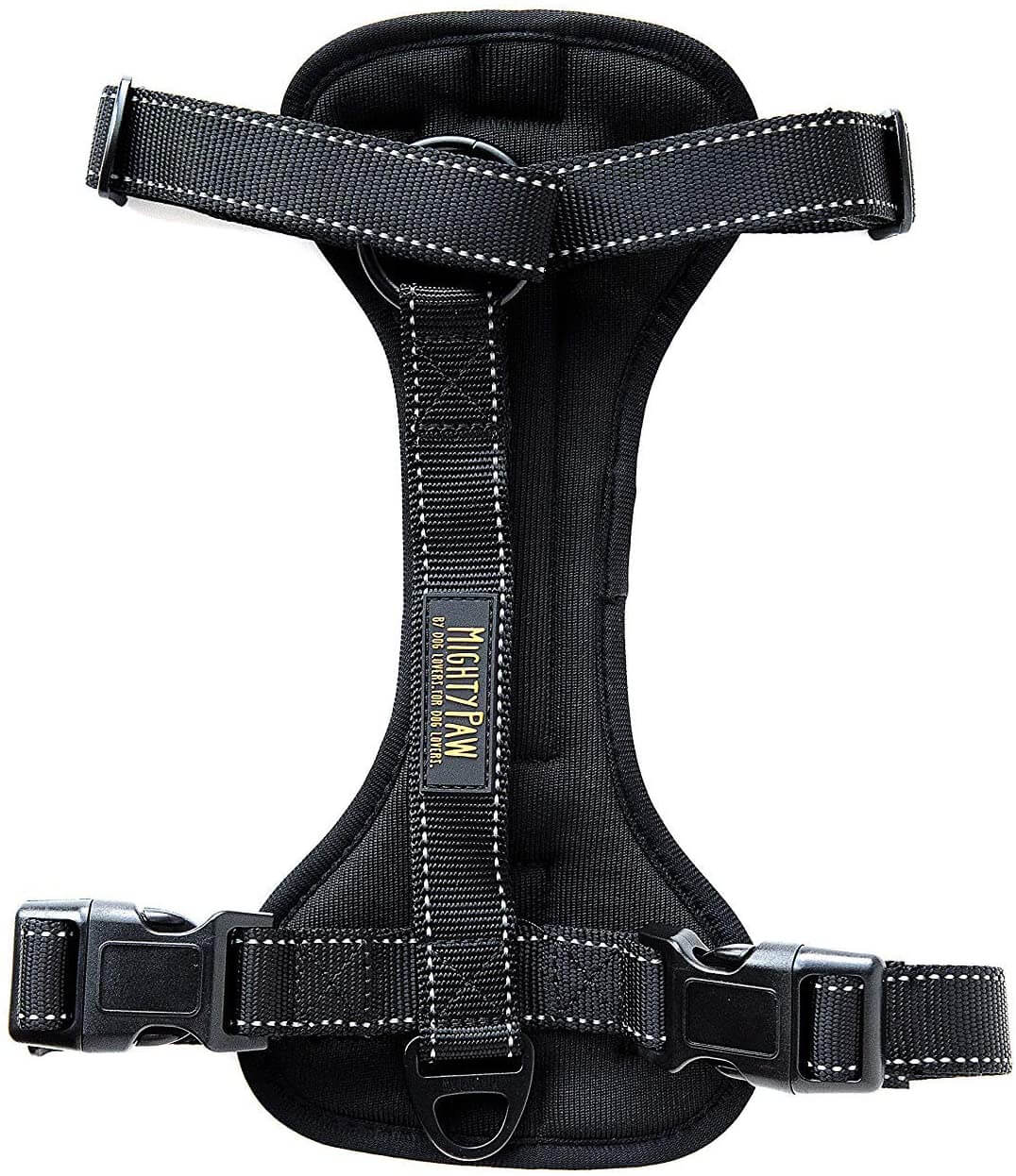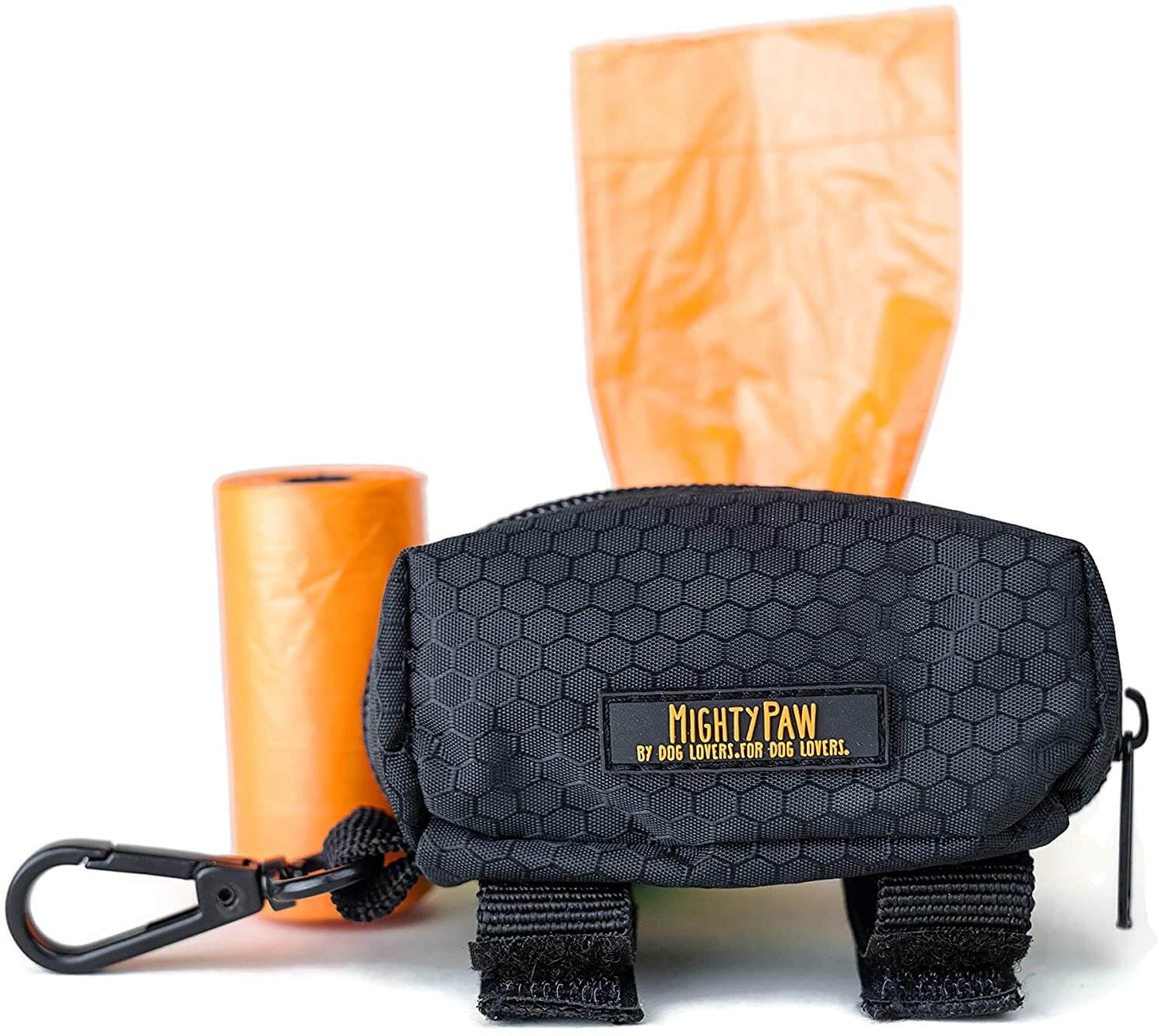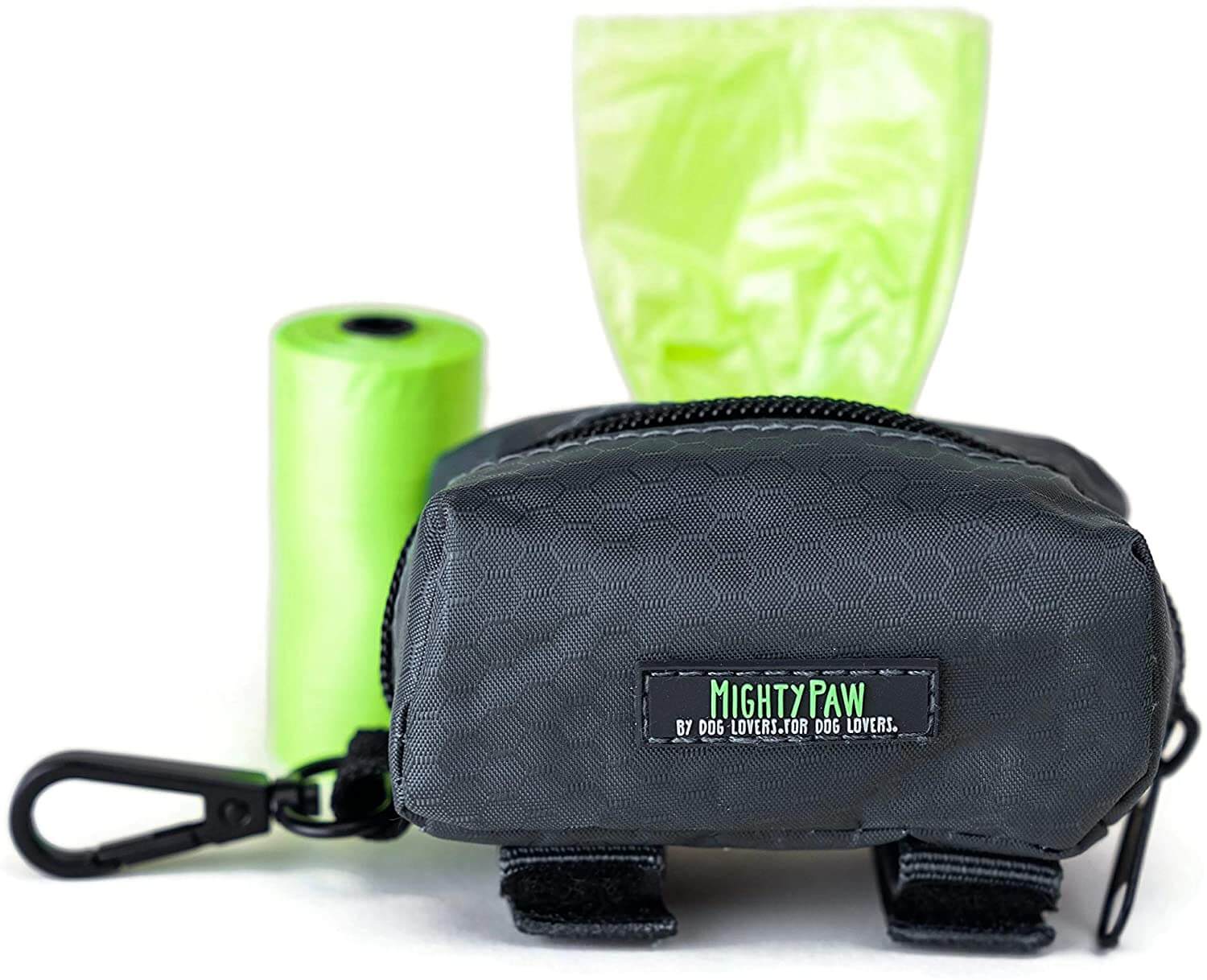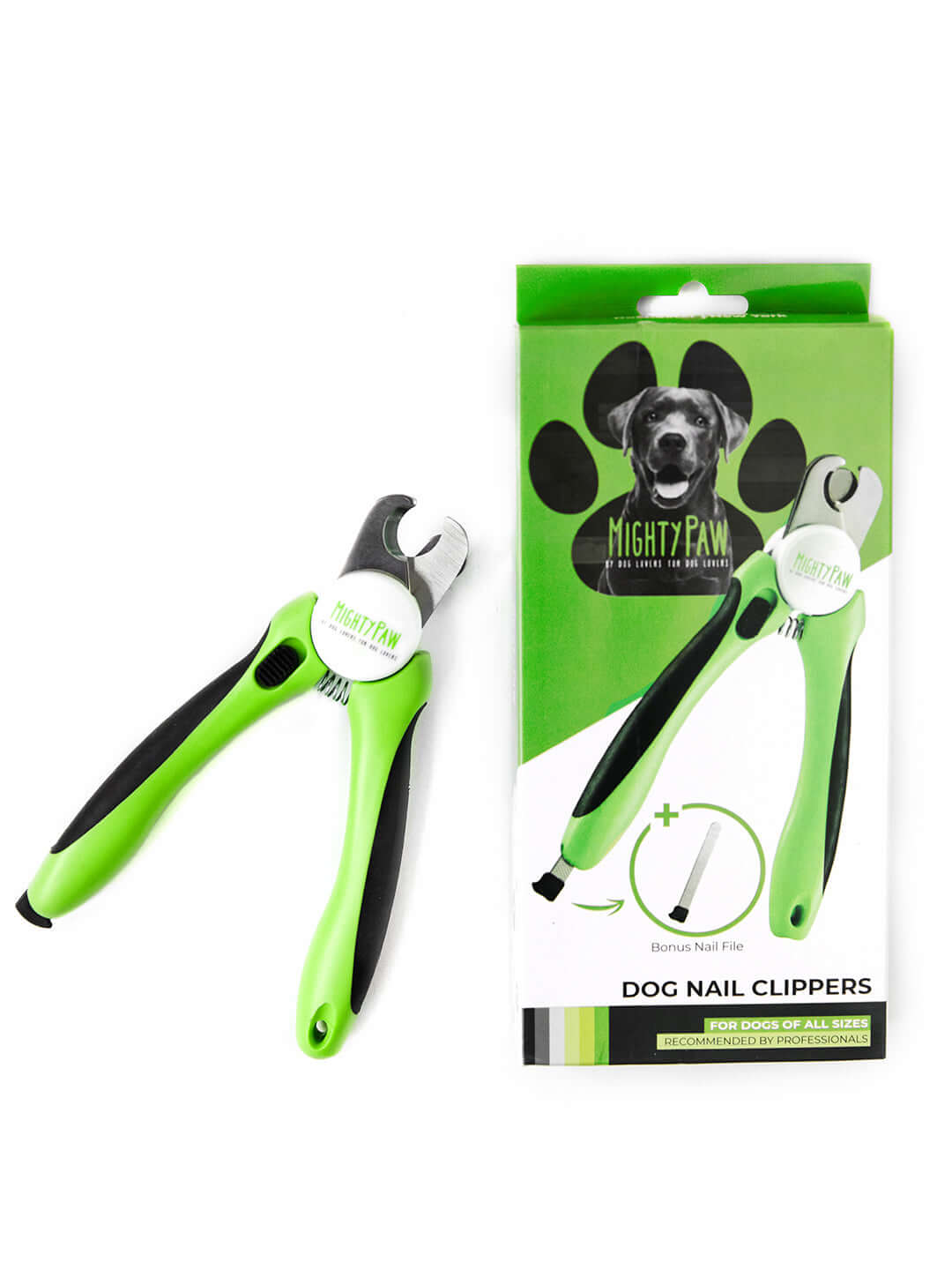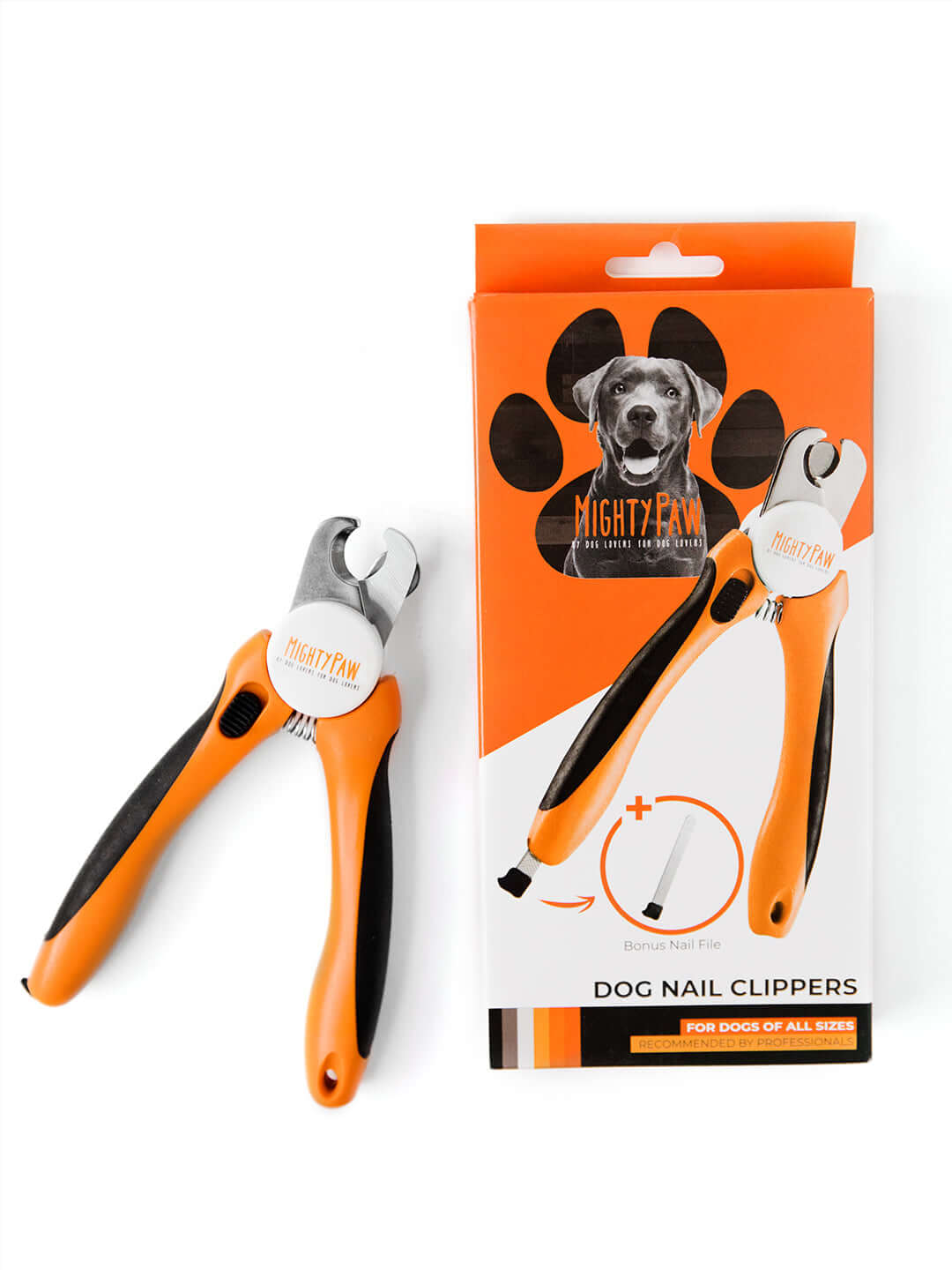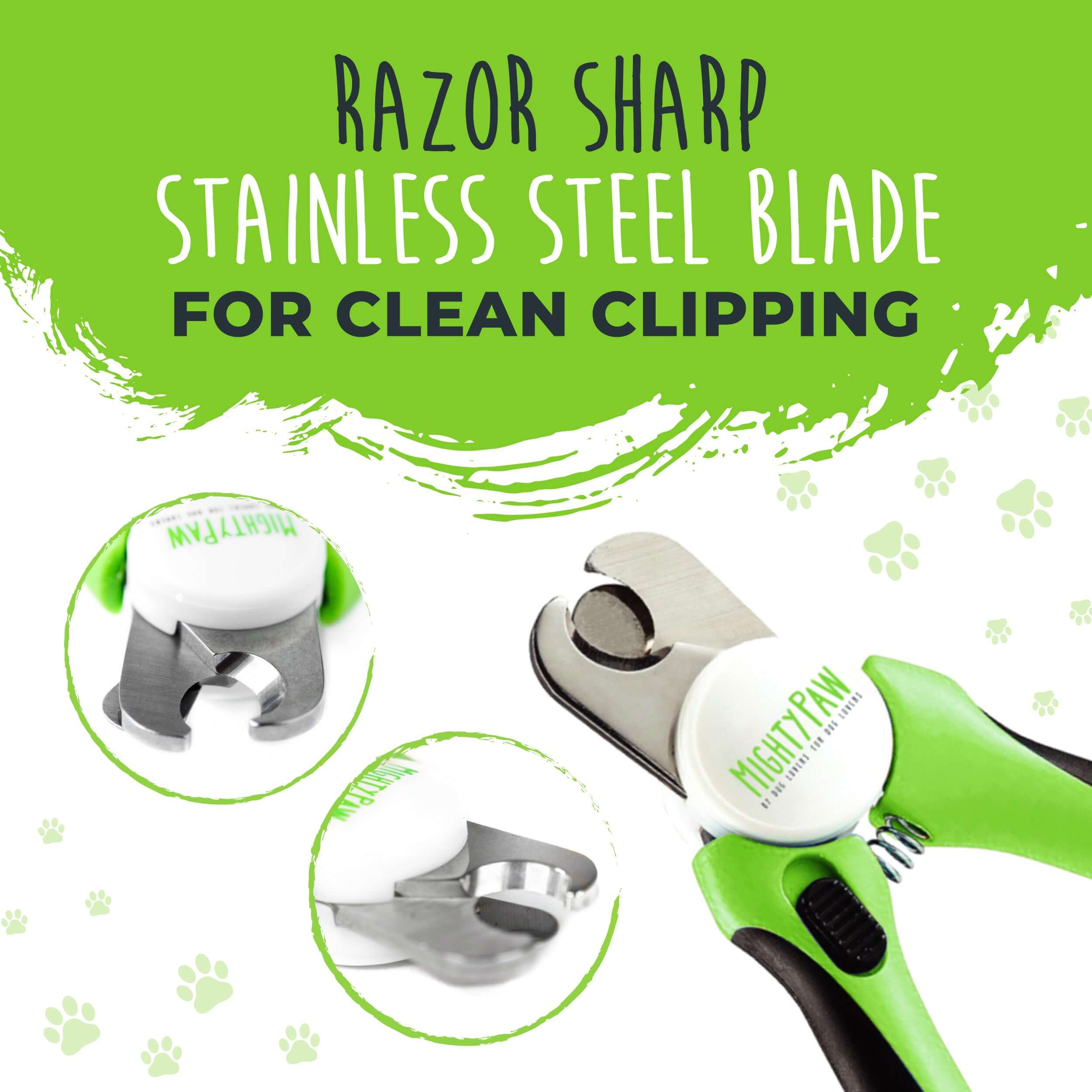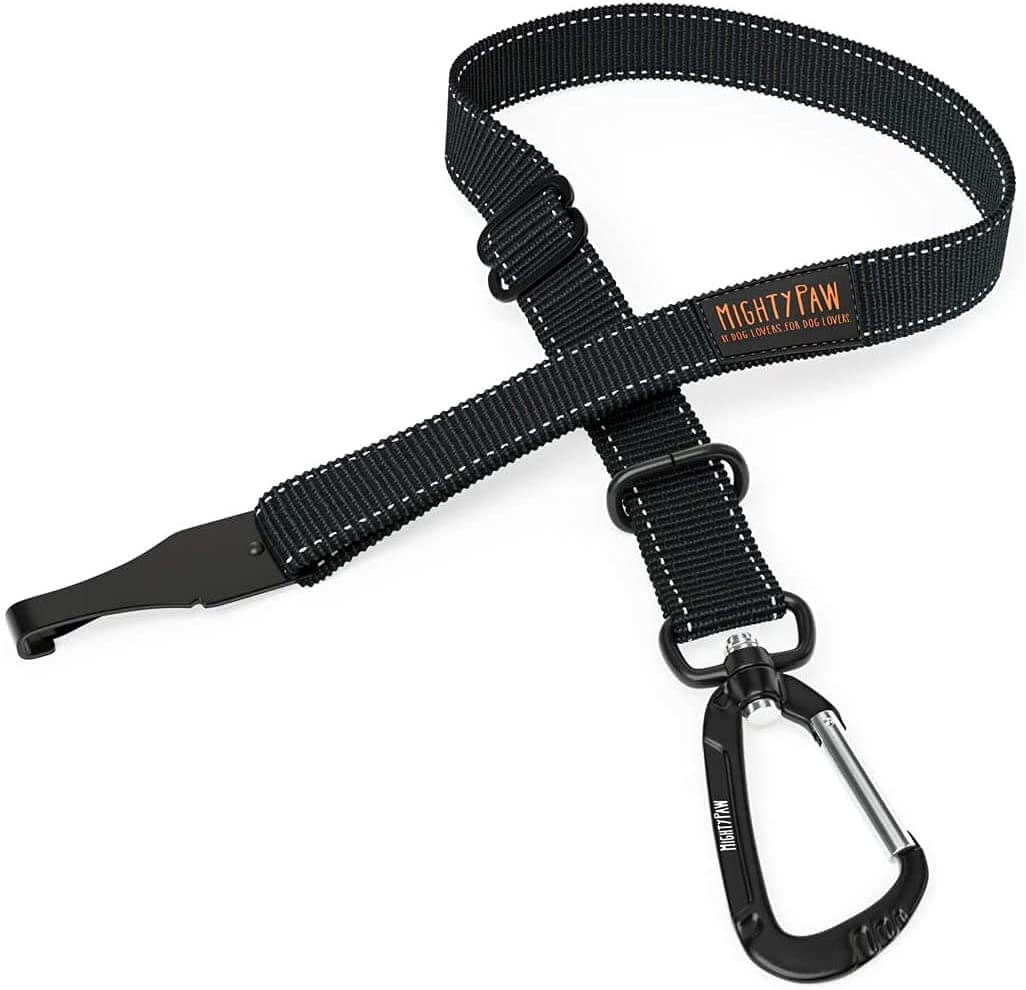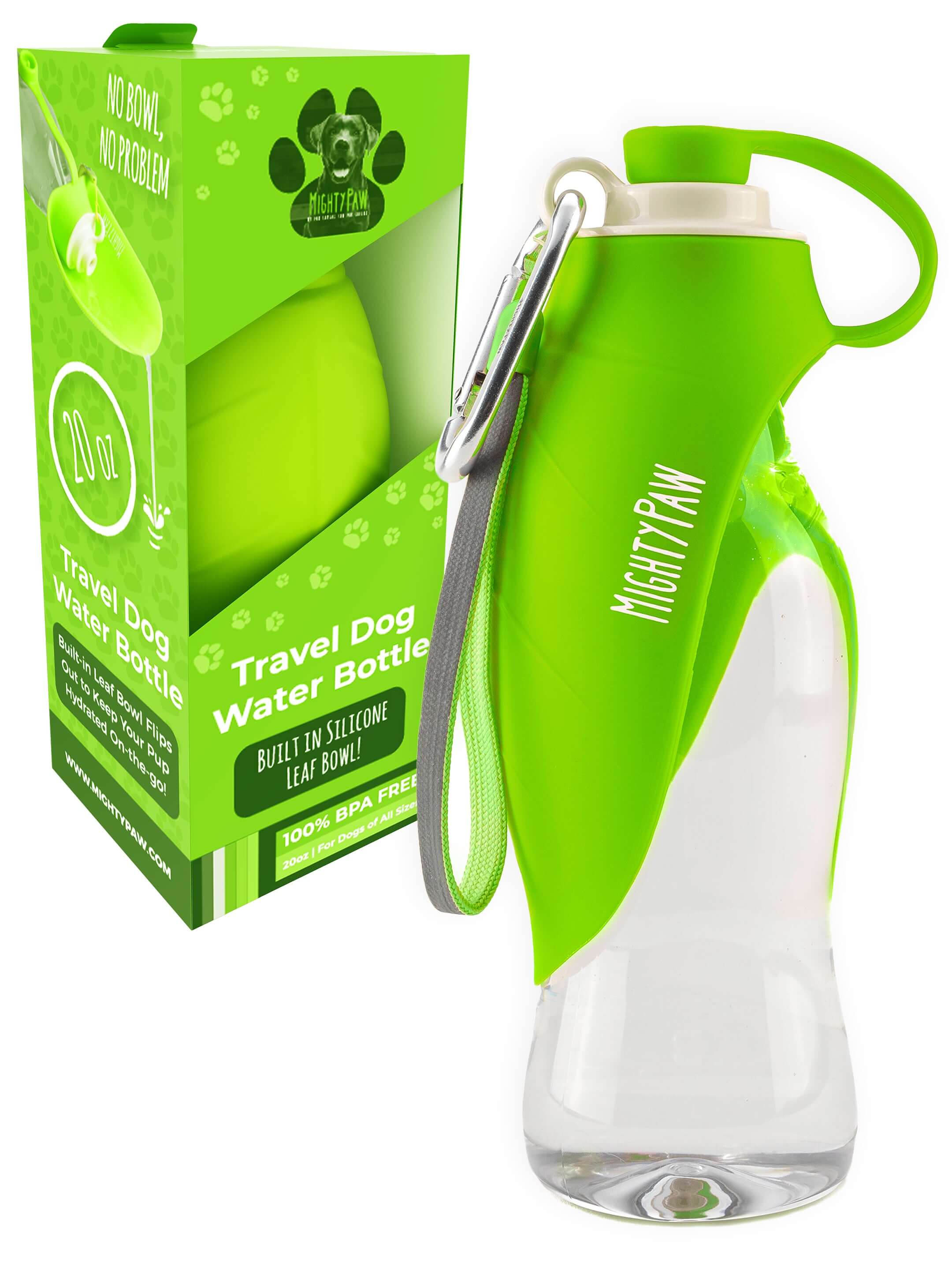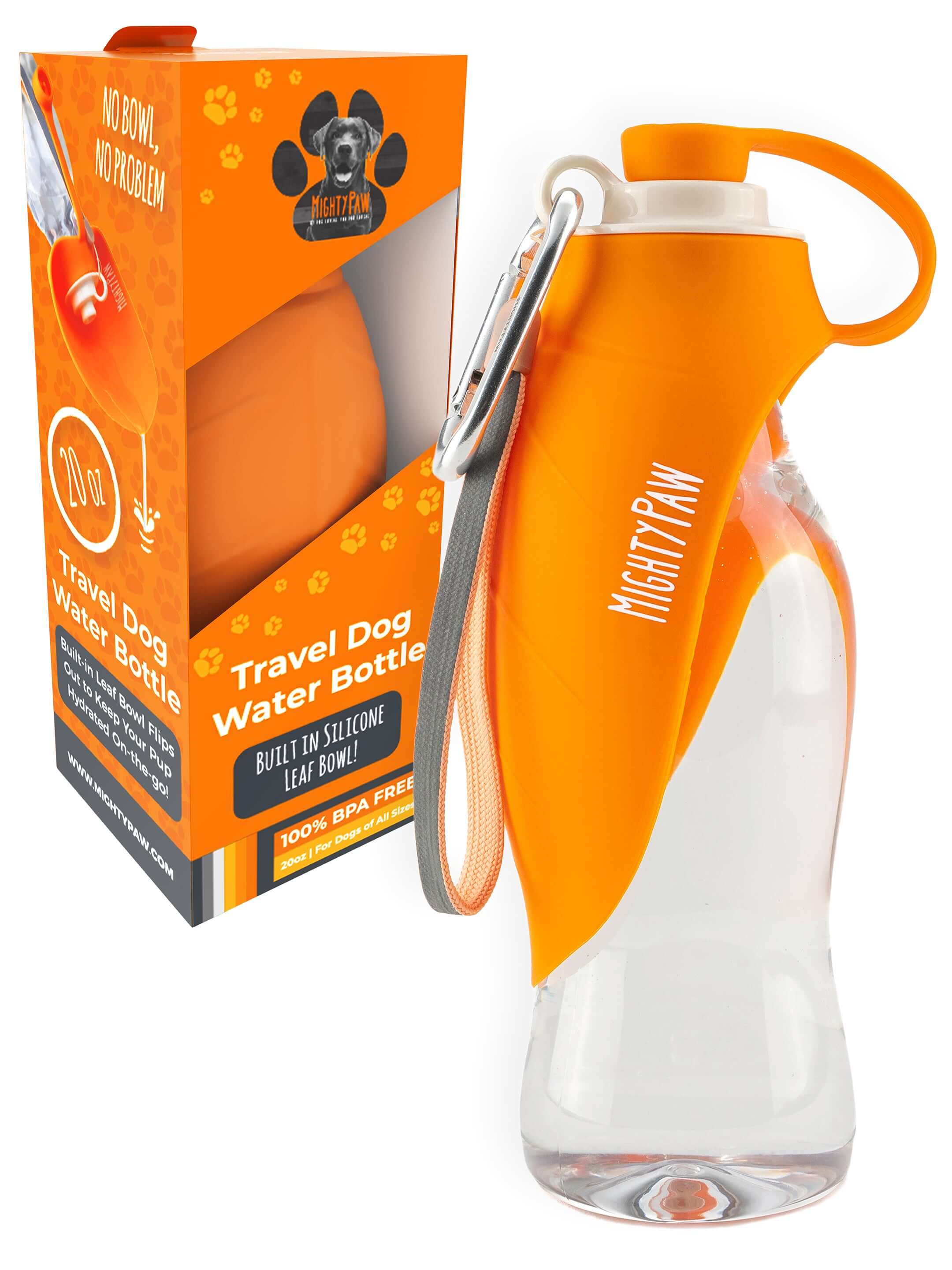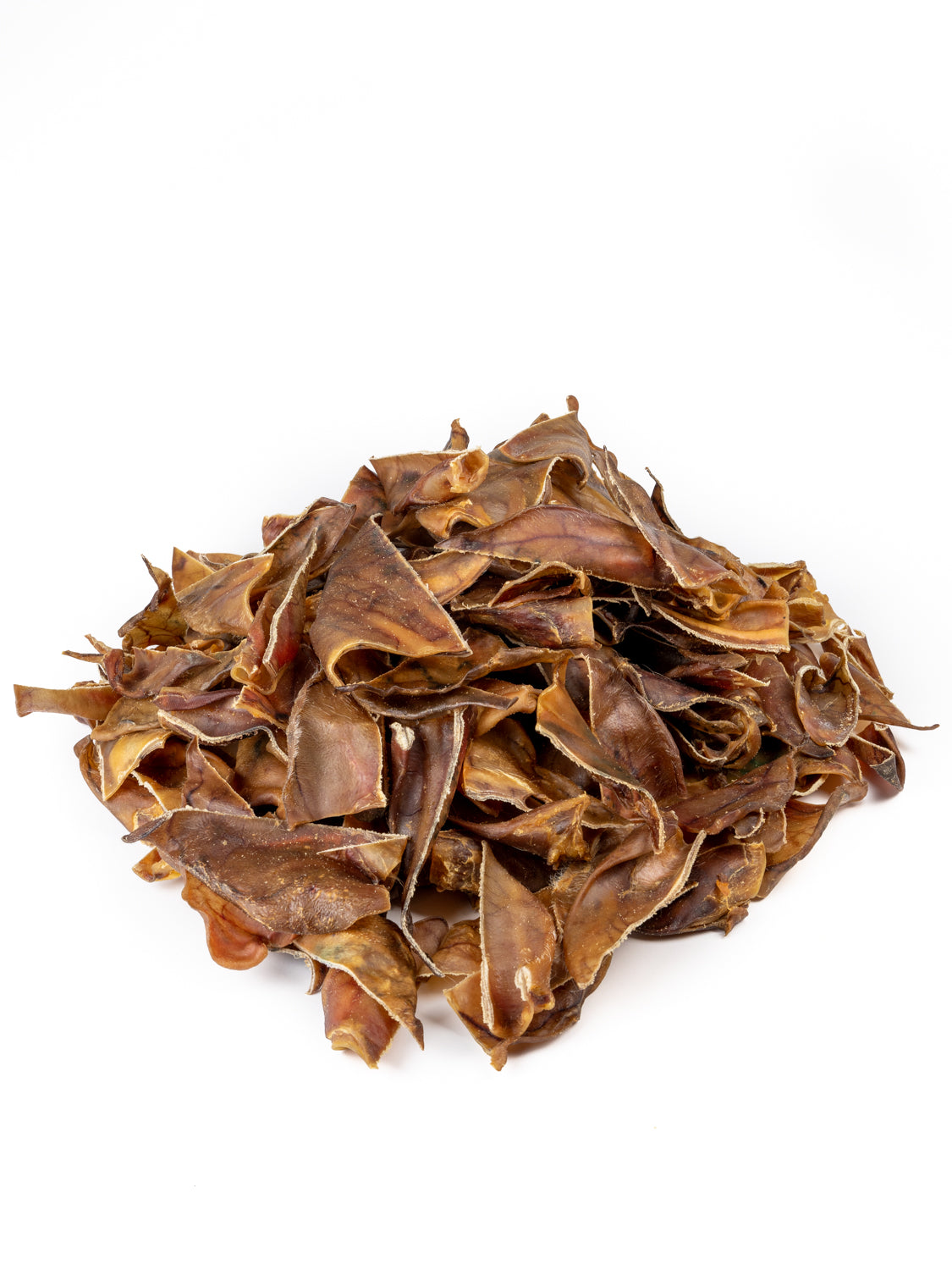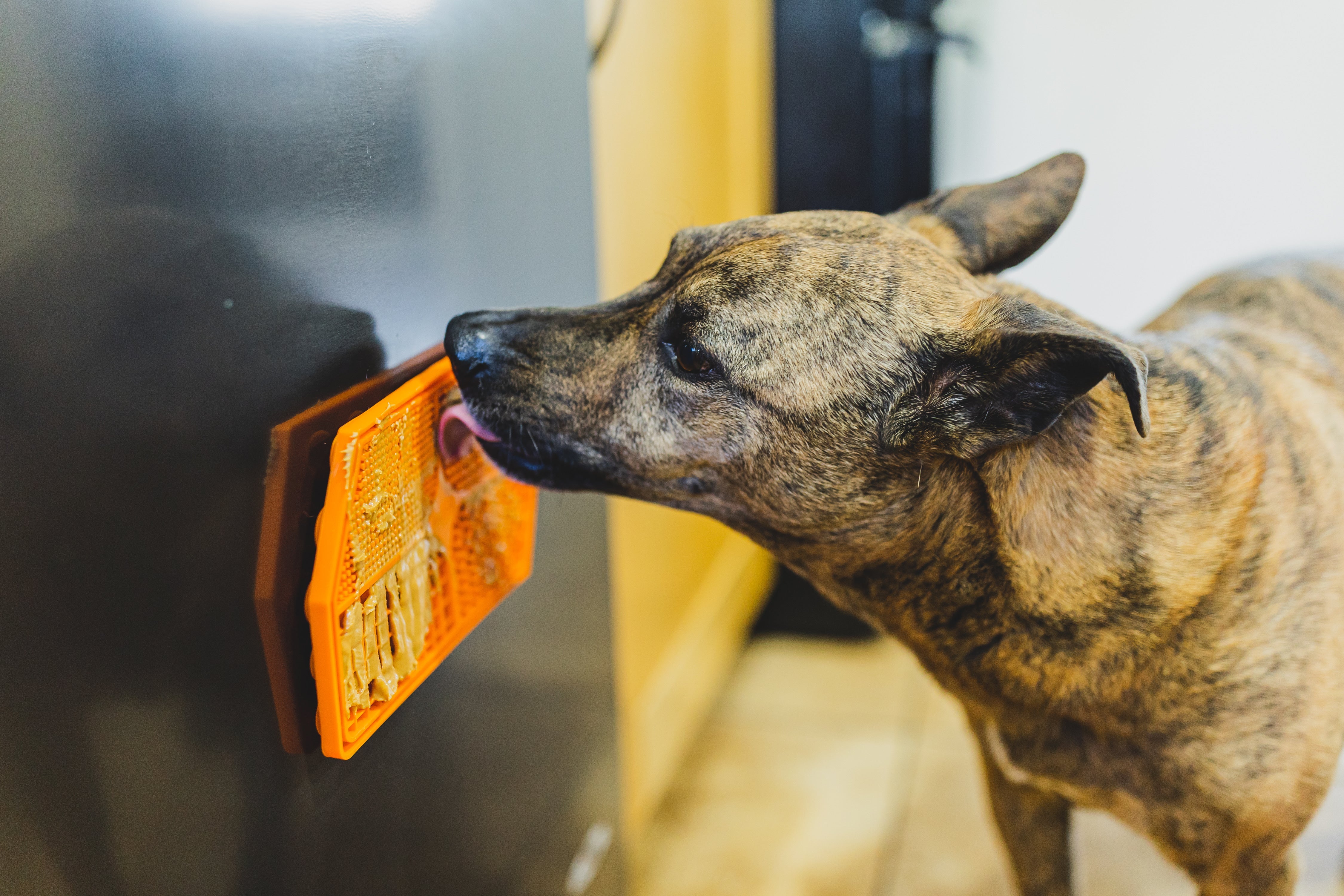For too many dog parents, the sight of their pups shaking their heads or scratching their ears incessantly is a familiar and worrisome one.

We know firsthand with our own Mighty Paw crew how frustrating it can be to try to figure out actual causes, solutions, and how to make everything right for our dogs.
All that ear scratching, itching, rubbing, and discomfort often points to one of the most common yet overlooked challenges in dog health — allergic, inflammatory reactions in ears. Getting on top of nagging ear problems is important for keeping your dog well and living life fully as his/her comfortable, happy self.
Your itchy pup is not alone...
Ear allergies and infections are common conditions in dogs, especially those with floppy ears and shaggy or longer fur. Ear infections happen most often among retriever, bassett hound, labradoodle, beagle, and cockapoo type dogs... and the list goes on. Many dogs have some form of ear issue with inflamed skin and itchiness, affecting one or both ears.
With so many dogs suffering from middle or inner ear infections, allergic reactions, and relentless itchiness, let's dive into what we all need to know and how we can help our dogs...
What causes inflammation and itchiness in dogs' ears?
Dogs' ear canals are more vertical than humans', forming an L-shape that tends to keep fluid in. This makes dogs more prone to ear infections and itchy inflammation. Ear infections are typically caused by bacteria, yeast, or a combination of both. Various kinds of dog allergies in ears arise from environmental allergies whether seasonal, topical, or food-based. In puppies, ear mites can also be a source of irritation and infection.
A number of factors may predispose your dog to ear issues, no matter what breed type he or she is. Moisture sets the stage for the most common culprit -- yeast -- and leads the list of possible causes:
- Moisture - creating a prime growing environment for bacteria and yeast
- Allergies - common allergens that can trigger ear infections in dogs include environmental factors like pollen, mold, and dust mites, as well as food allergies... all exacerbated by moist, warm ears
- Wax buildup
- Foreign bodies in the ear, including ear mites
- Endocrine disorders, such as thyroid disease
- Autoimmune disorders
- Injury to the ear canal
The #1 usual suspect: yeast
What it is
Yeast is a naturally occurring fungus found on your dog's skin and in your dog's ears. When the correct balance of yeast exists, your pup's skin and ears stay healthy. But certain conditions can cause yeast levels to accelerate and grow out of control. This can lead to a brown, greasy discharge within the ear canal and around the inside flap of your dog's ear -- along with discomfort and persistent itchiness for your pup.
Yeast infections happen year-round in dogs' ears but even more often in the summer months when it's hot, humid, and dogs are more likely to be spending time in the water. When moisture and warmth are combined with a lack of airflow caused by the shape of your dog's ears, yeast infections can be the unhappy result.
Causes of yeast infections in dogs' ears
What throws off the delicate environment within your pup's ear to trigger a yeast infection? In addition to trapped moisture, other common causes include:
- Antibiotics
- Immunodeficiency
- Too much bathing
- Frequent swimming (without drying fully)
- Exercise in humid environments
- Feeding your dog sugary snacks
- Not cleaning your dog's ears often enough
- Yeast allergy

Allergens, allergic reactions, and your dog's ears
Allergies in dogs can manifest in various ways, but ears are particularly prone to allergic reactions due to their design and warm, moist environment -- ideal for the growth of yeast and bacteria.
Common allergens that can trigger ear infections in dogs include environmental factors like pollen, mold, and dust mites, as well as a food allergy.
It's no wonder environmental allergies are particularly common in dogs given their constant contact with surfaces indoors and through their bare paws and skin/fur everywhere. Allergic reactions in the ears can lead to ear canal infections and can extend to the outer ear and the inside of your dog's ear flap.
Could your dog have ear mites?
The easiest way to check if your dog's allergic reaction is due to ear mites is to look for discharge in your dog's ears that looks like coffee grounds. That's the sign you're dealing with ear mites. They're usually found in puppies who have been in close quarters, but any-age dog can pick them up from contact with another infested dog.
How to help your pup overcome itchy ears
As with most diseases and conditions, prevention is the easiest, safest, and most comfortable route for your pup.
5 ways to protect your pup from itchy ears:
1) Regularly clean your dog's ears with a soothing, antiseptic/antifungal ear wash.
Remove debris including allergens your pup has picked up and help prevent infection with these 4 simple steps:
- Partially fill your dog's ear with ear wash. We recommend our Mighty Ear Wash with tea tree oil, aloe vera, echinacea, and witch hazel to naturally clean and soothe your dog's ears, reduce inflammation, and act as an astringent to dry moisture and oiliness for inner ear health.
- Gently massage your dog's ear to loosen dirt and wax.
- Wipe away with cotton balls or tissues that won't leave any fibers.
- Repeat as needed.
(Just as with humans, never use any pointy objects or swabs that could injure your dog's ear or inadvertently push debris deeper into your dog's ear canal.)

2) Keep your dog's ears dry after bathing or swimming.
Be sure to thoroughly clean and dry your dog's ears after bathing, swimming, or humid-weather exercise to ensure an inhospitable environment for yeast, infections, and ear mites.
3) Support your dog's immune system with a whole food diet fueled with essential nutrients and probiotics.
A fresh, whole food diet with plenty of omega-3s and probiotics fortifies your dog's immune system to keep allergic reactions at bay. Supplementing your dog's diet with probiotics and immune-boosters like turmeric and omega-3s can arm your dog against allergies in ears -- and overall from eyes to paws.
Two favorites we formulated with veterinarians to protect your pup from the inside out:
- Mighty Immune + Itch Chews - created with omega-3s, quercetin, turmeric, and key antioxidants for a foundation against allergens and infections, and to promote overall wellness
- Mighty Probiotic Chews - to promote proper gut function and nutrient absorption to strengthen your dog's immune system and keep your pup truly well
4) Keep a clean home environment to drastically minimize allergens and home/garden chemicals.
Our dogs' paws are ground zero for contact with floors and other surfaces with dust, seasonal allergens, dust mites, etc. that quickly reach their mouth, ears, eyes, and skin. Keeping your home clear of allergens can make a huge difference in getting rid of your dog's itches.
Minimize chemicals -- home and laundry cleaners inside, herbicides/fertilizers outside -- that all weaken your dog's immune system and resistance to allergies and disease. Switching to natural products is a small, everyday thing with lifelong benefits for our dogs and all our human family members as well.
5) Avoid/limit antibiotics and other pharmaceuticals that can damage your dog’s immune system.
Steer clear of antibiotics and other pharmaceuticals and pesticides unless absolutely necessary to avoid weakening your dog's immune response to allergies and other disease.
If your dog is showing signs of an ear infection, always talk to your veterinarian about treatment right away to make sure the problem doesn't become serious. Your vet may recommend an antihistamine or other medication to address an acute situation while you pursue your prevention routine going forward.
Treatment for ear allergies can vary depending on the underlying cause and severity of the condition. For many dogs, simple changes in cleaning care, diet, or environment may be all that's needed for healthy ears!

Here's to your healthiest, happiest (itch-free) pup and more adventures together.
At Mighty Paw, we believe in helping you keep your dog safe, healthy, and happy so you can live your fullest, best lives together. That's why we're dedicated to finding ways to help you bring more wellness to your dog's life and more actionable knowledge for supporting your dog.
We're committed to providing high-quality products that are safe, durable, and practical for everything you need to keep your dog healthy and enjoying every adventure large and small by your side.


